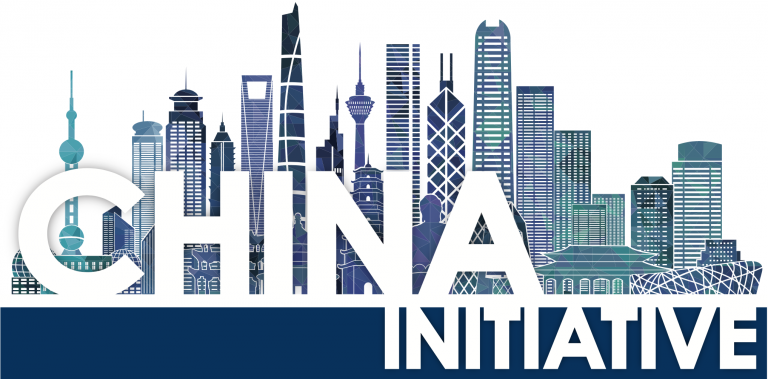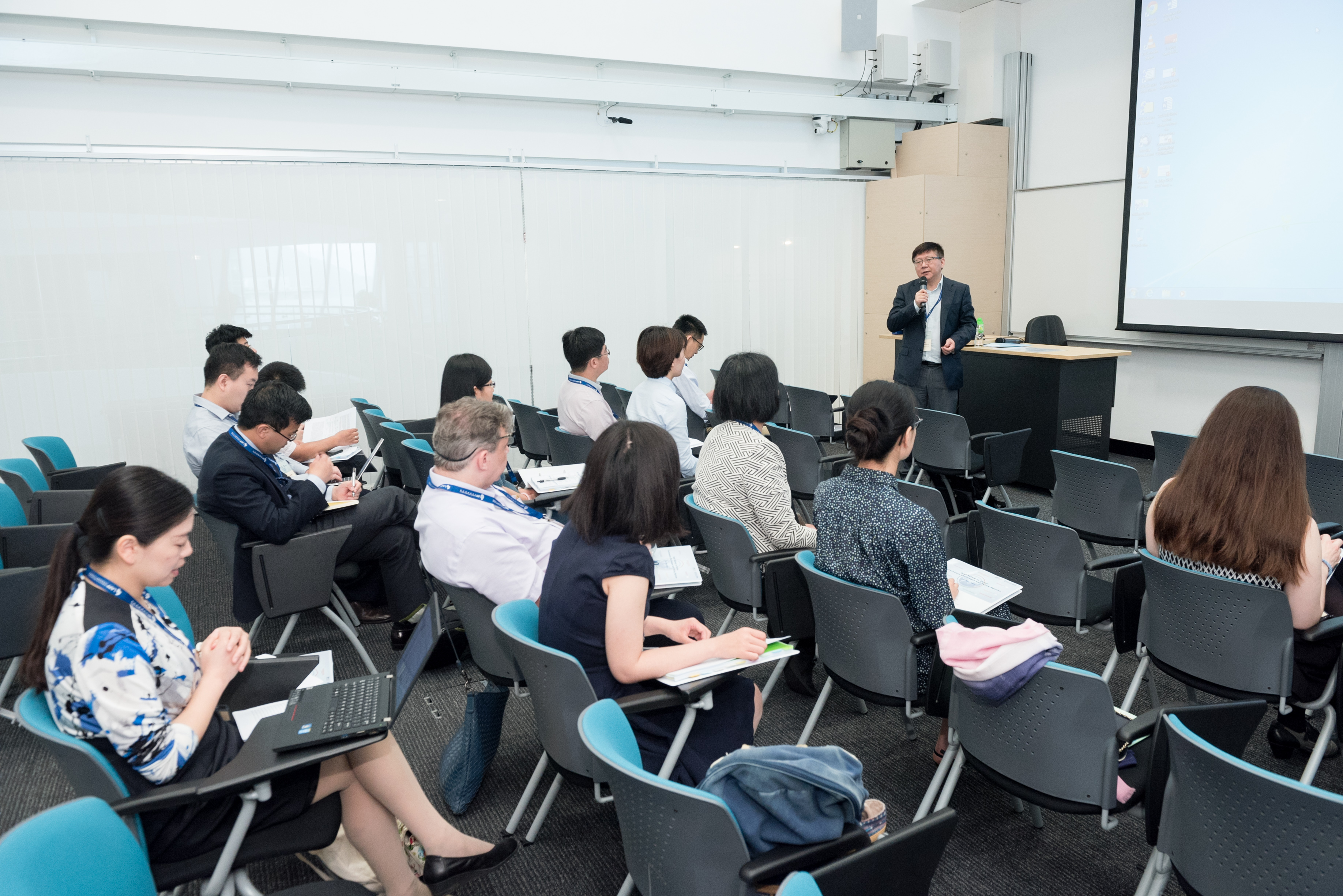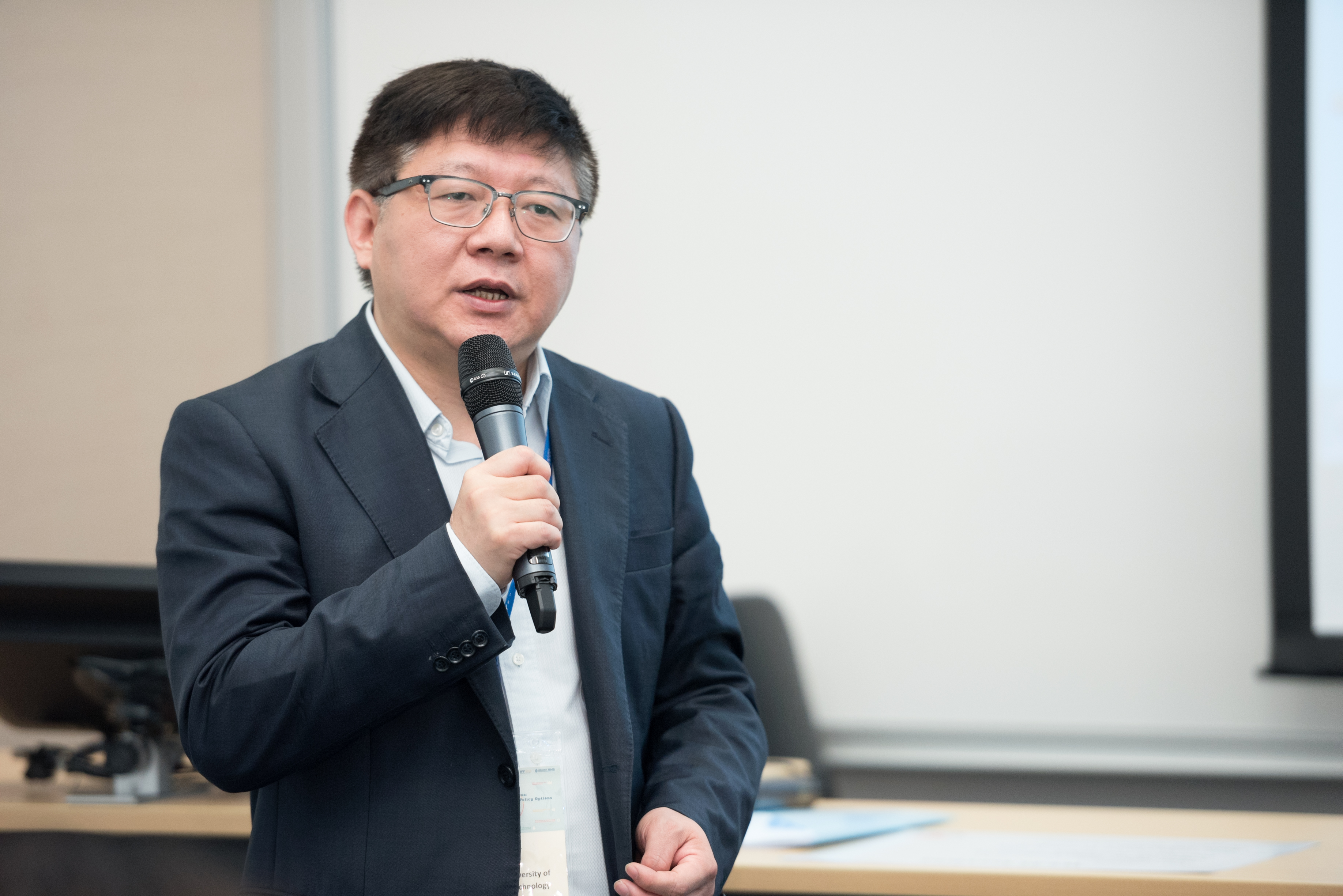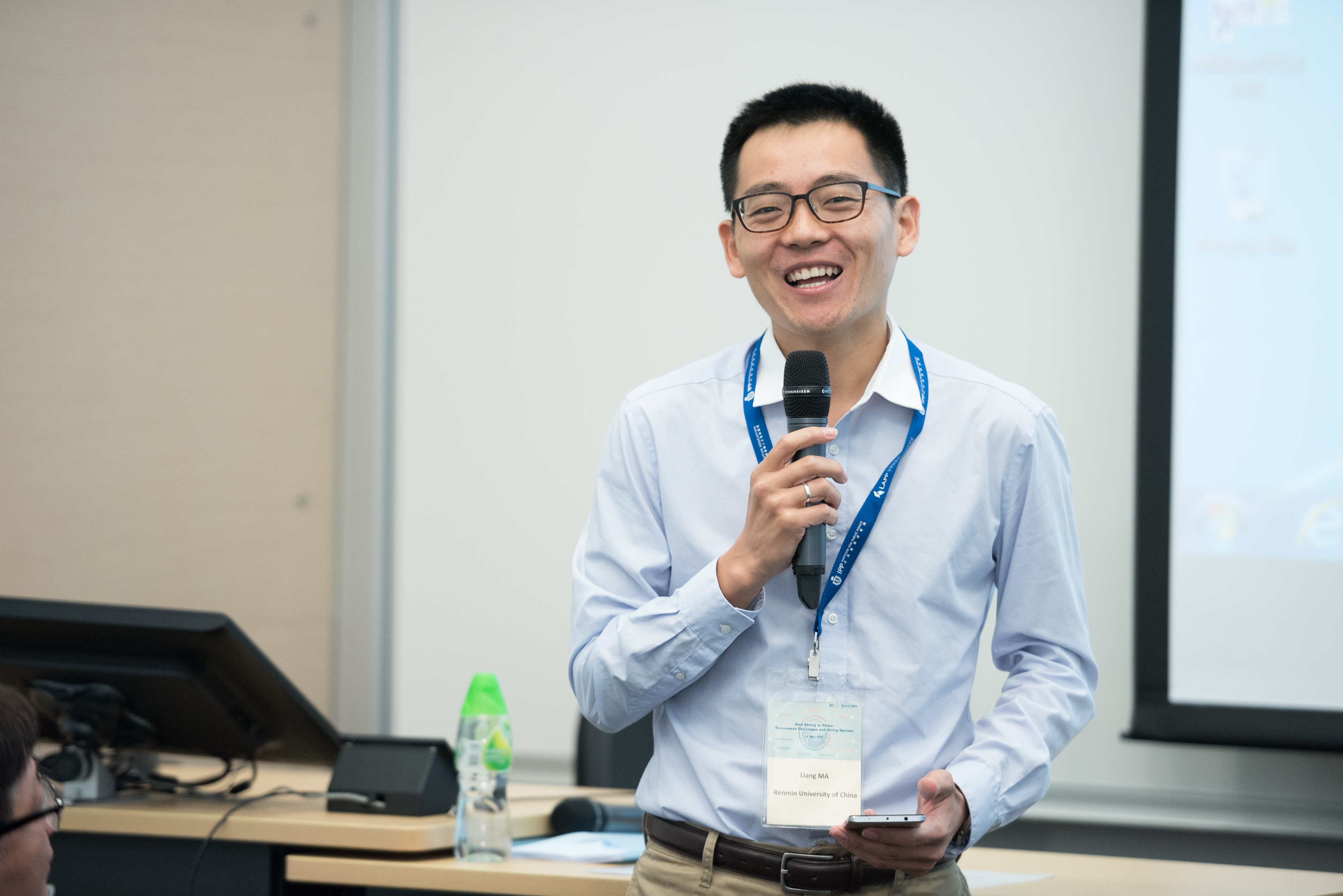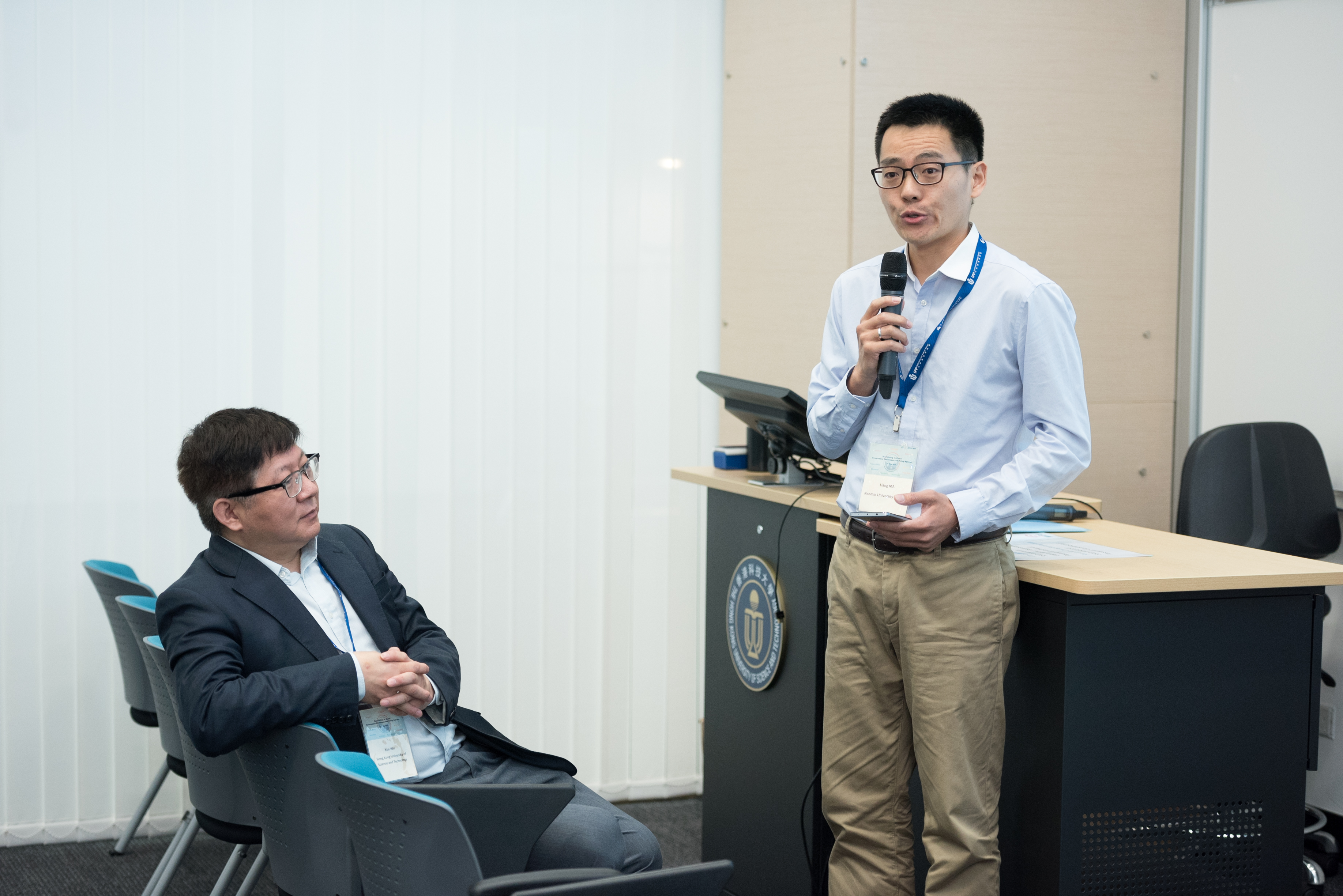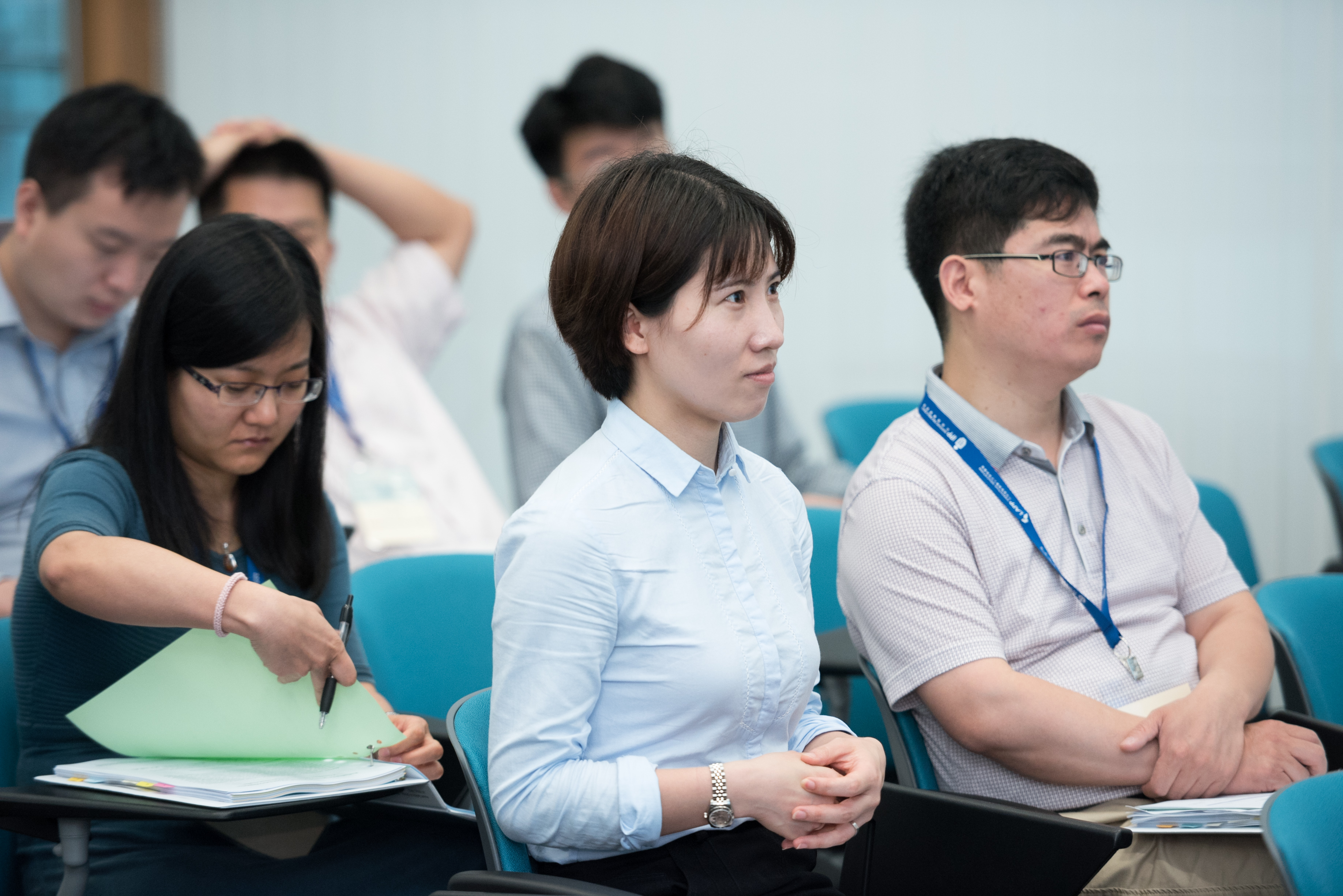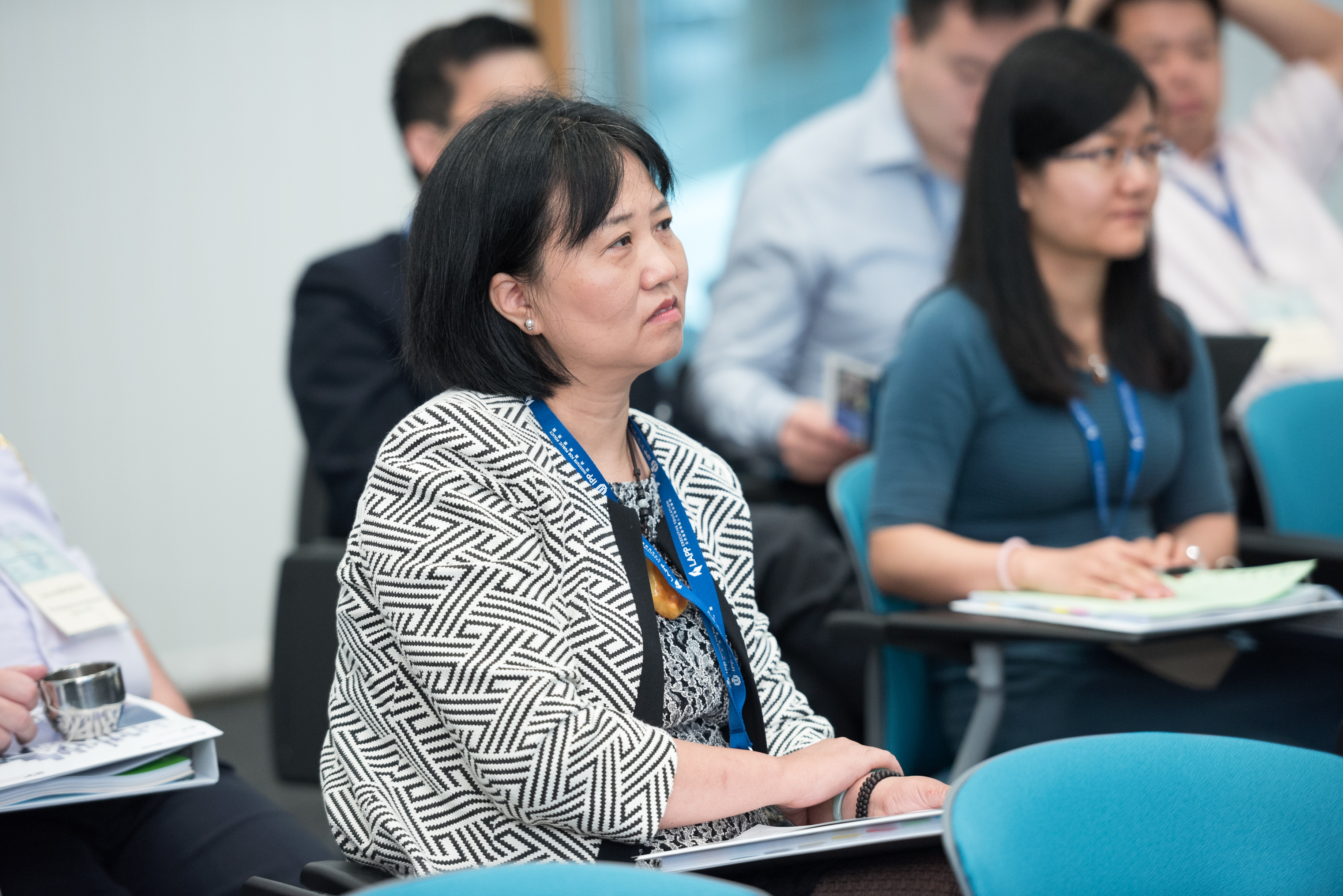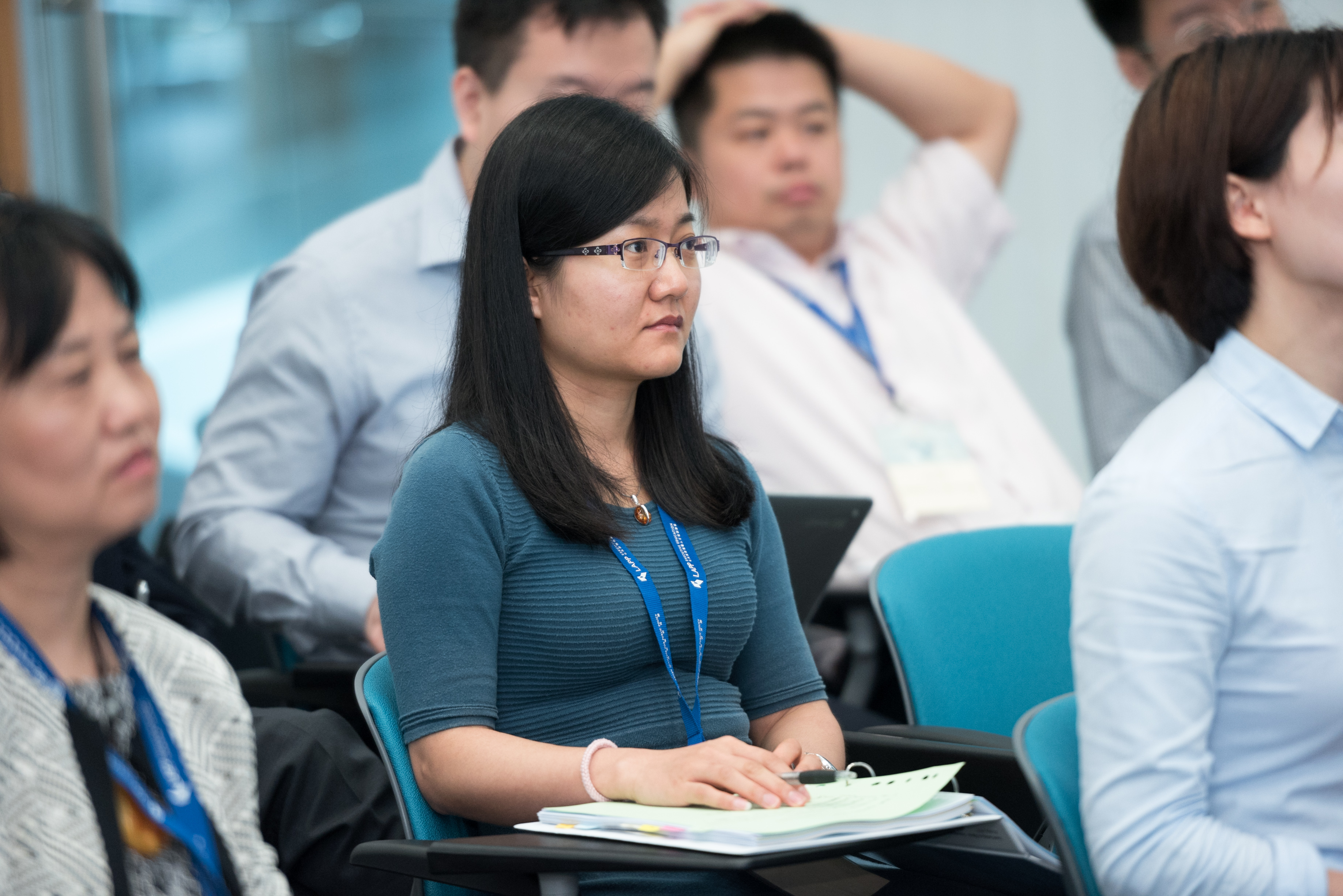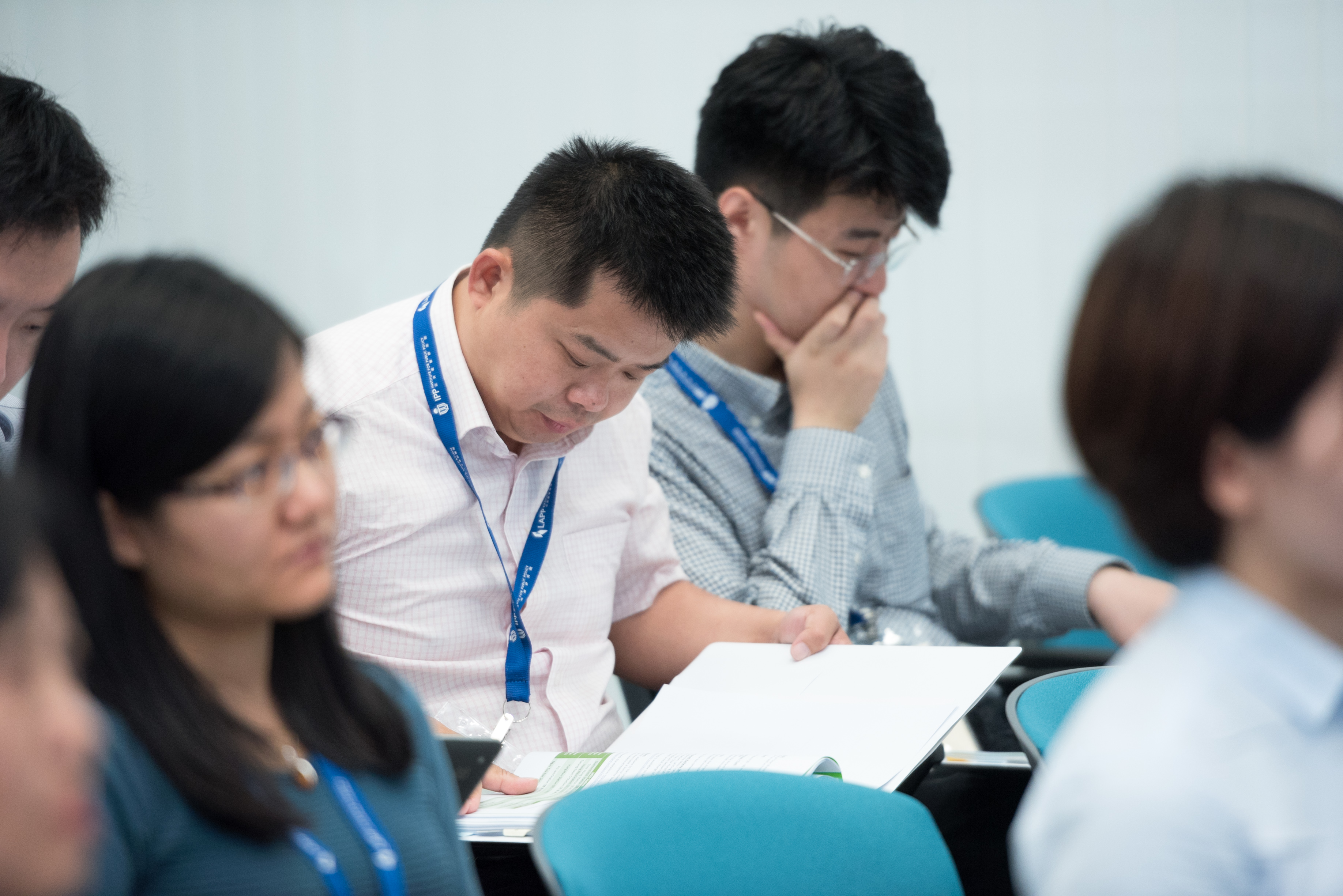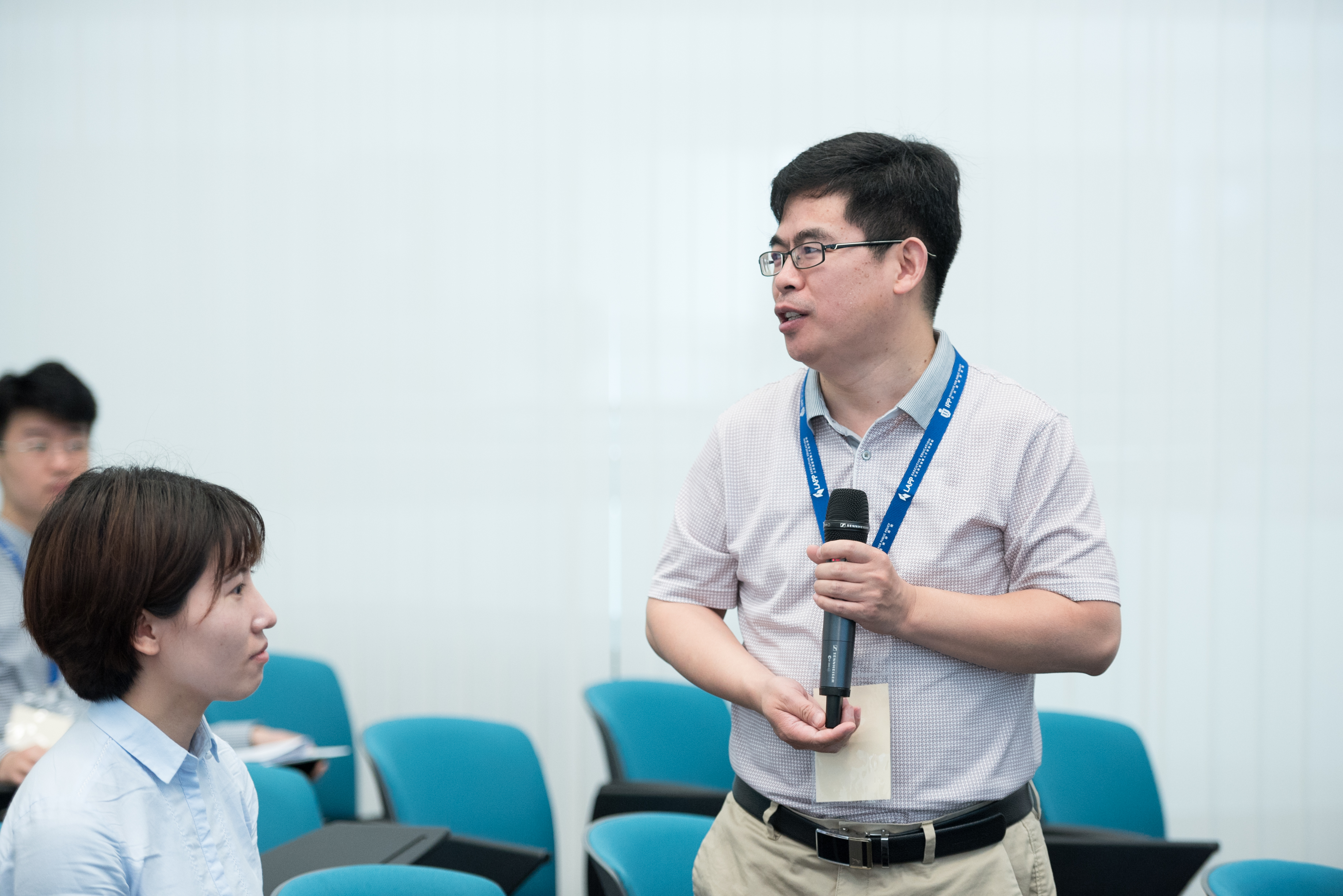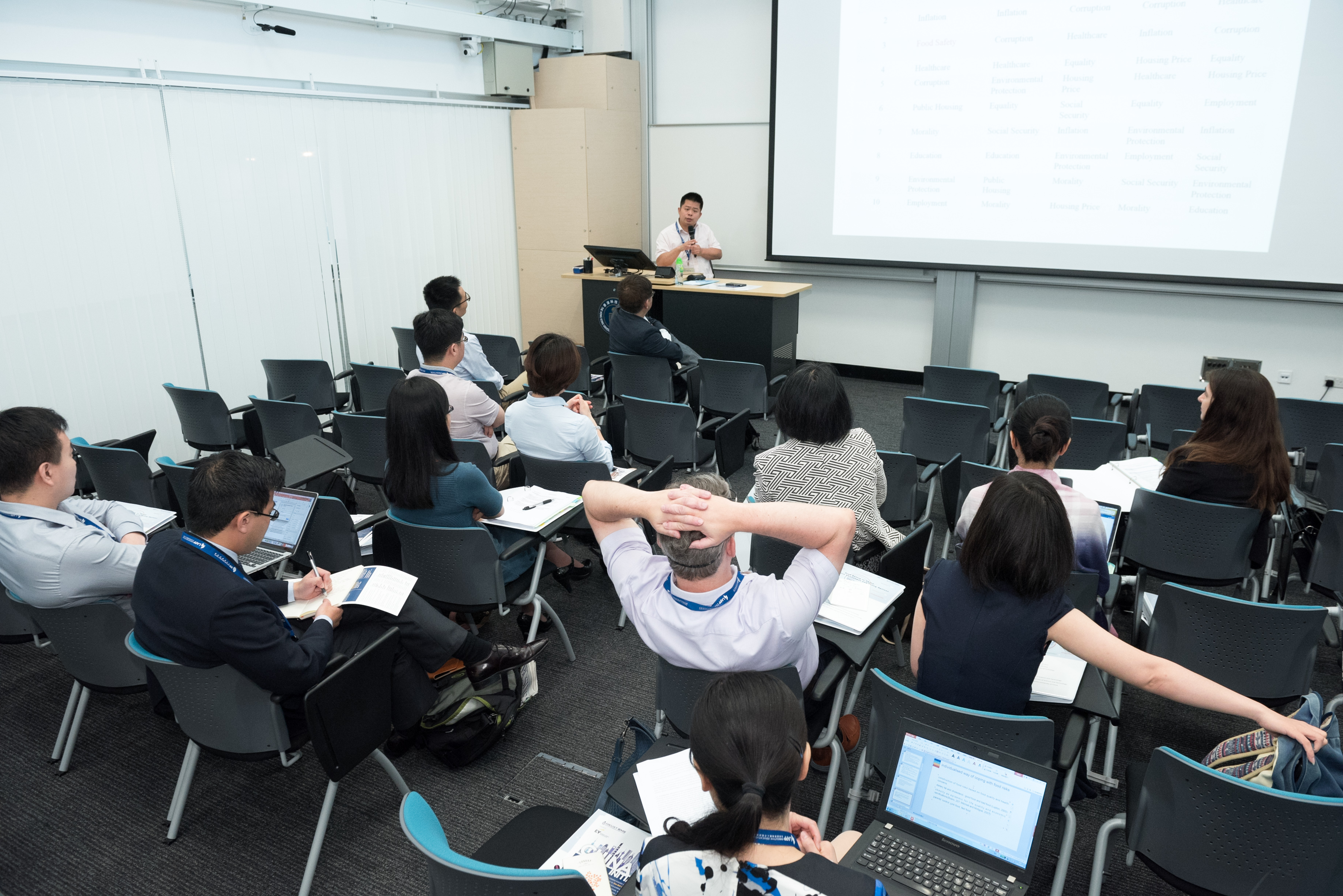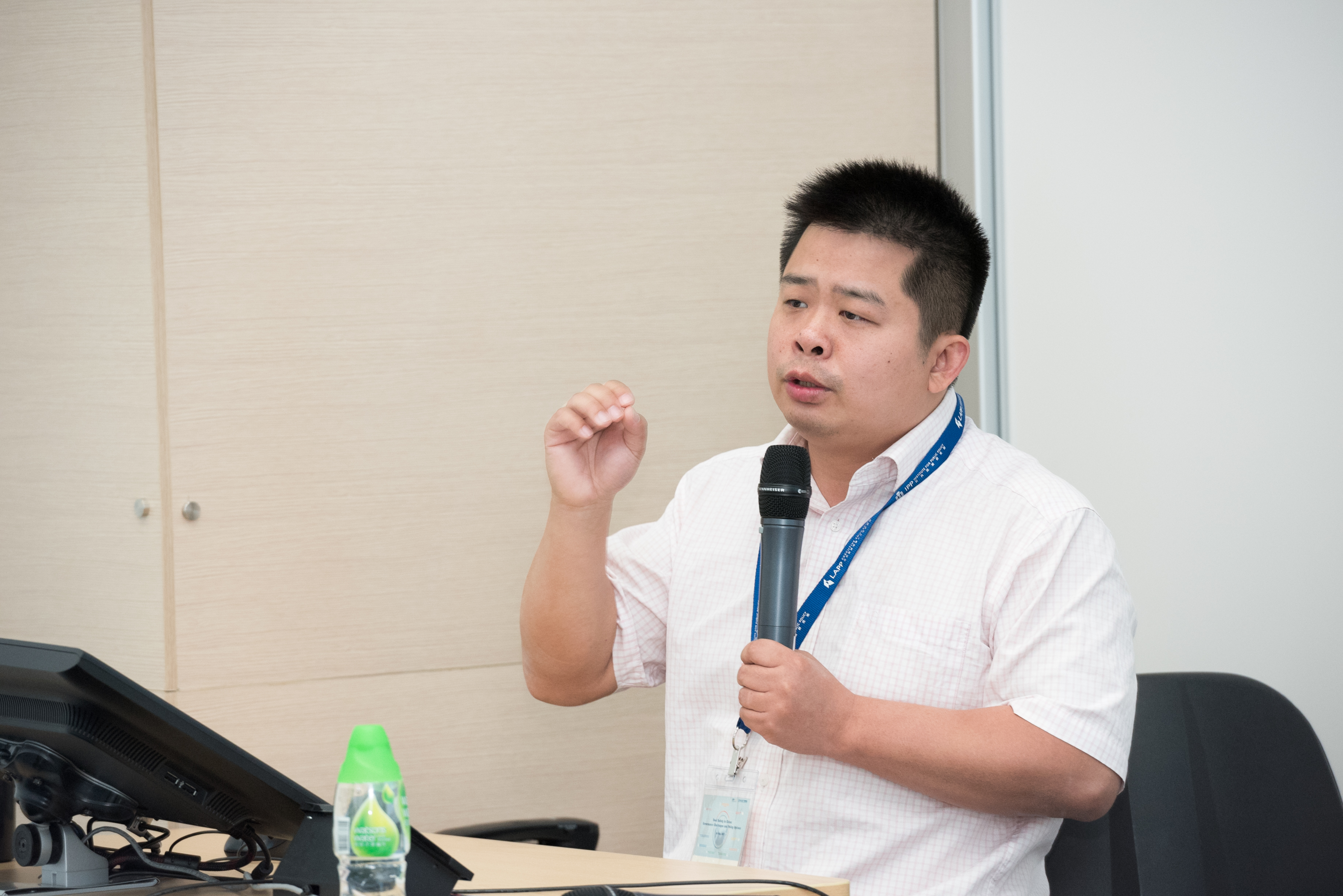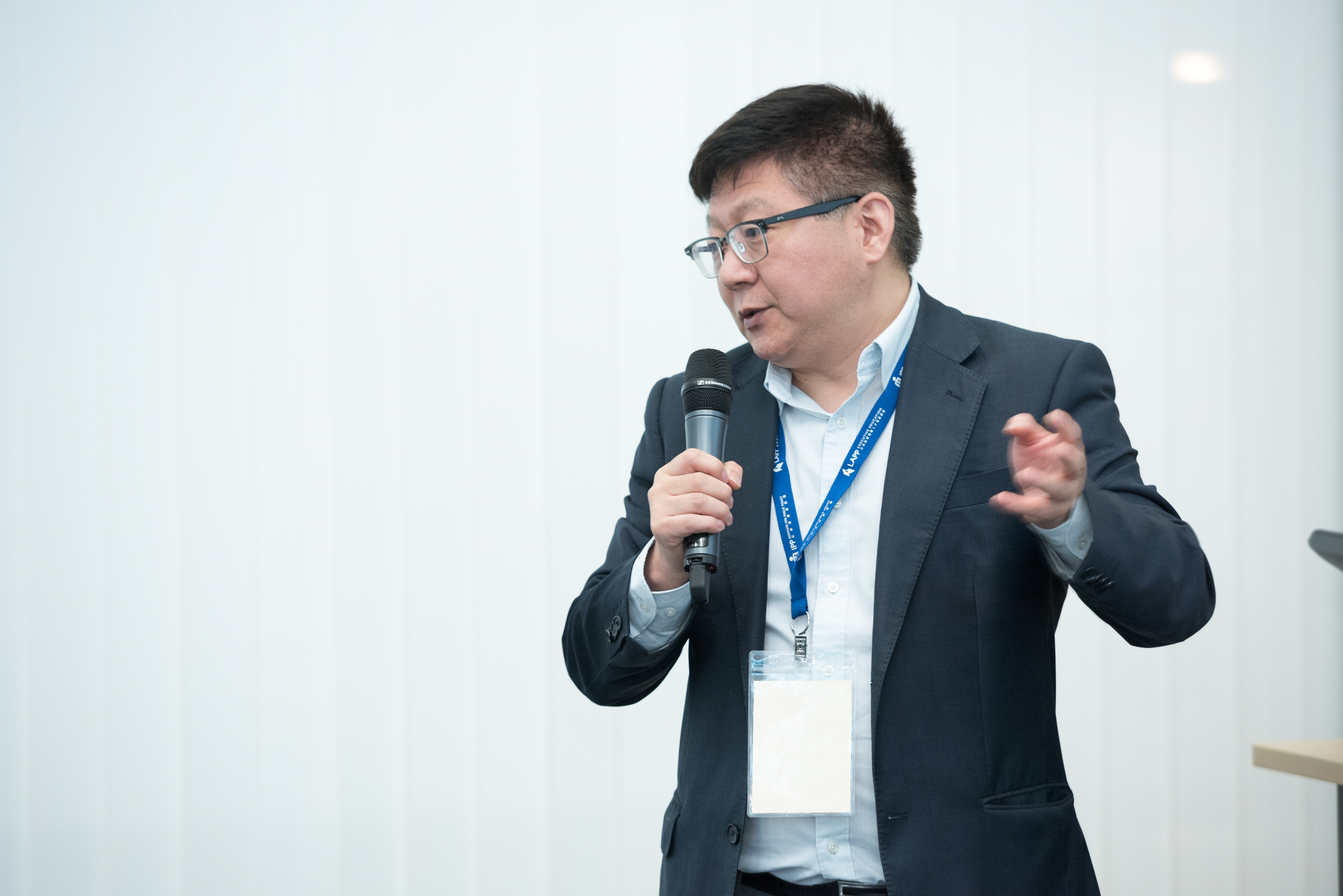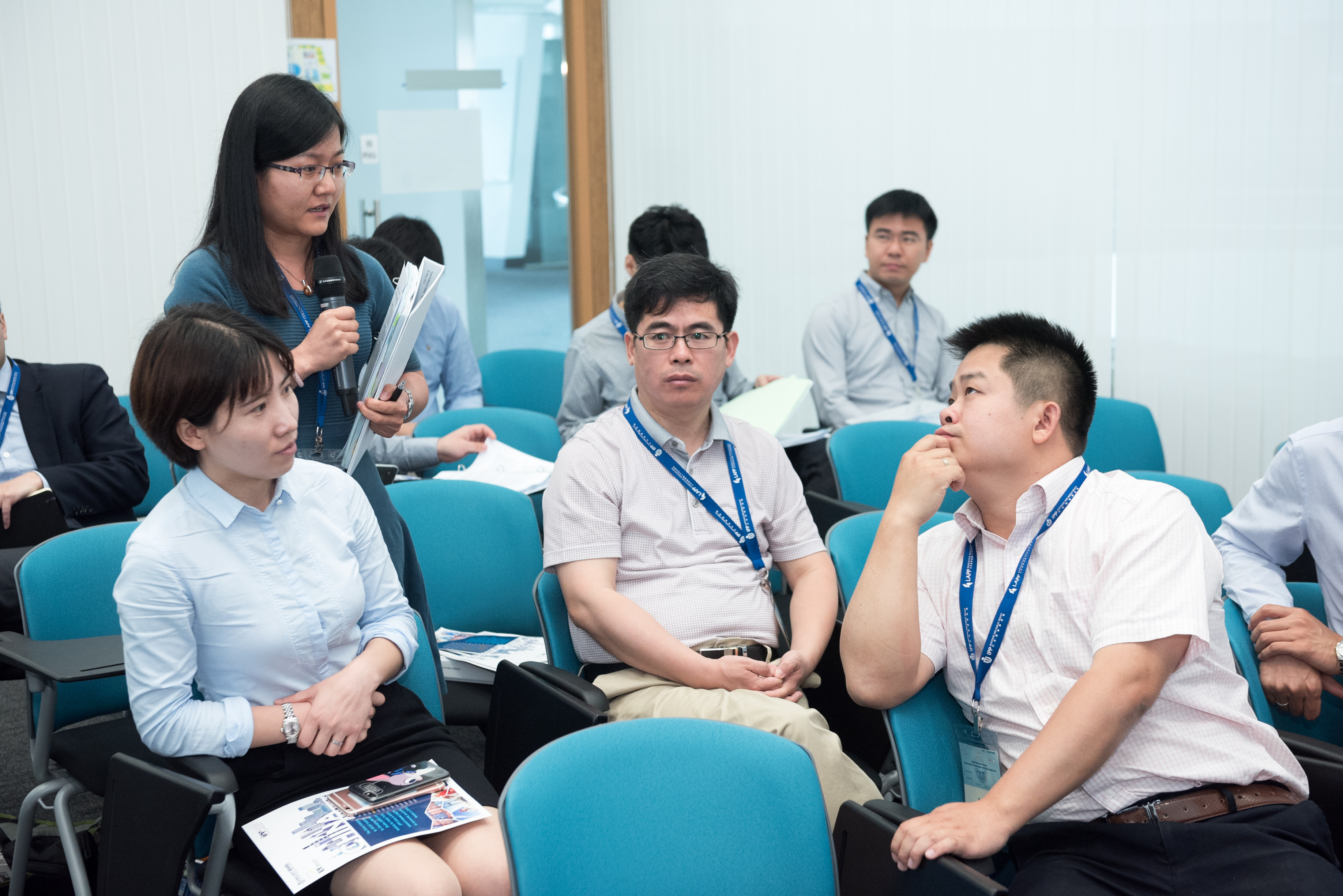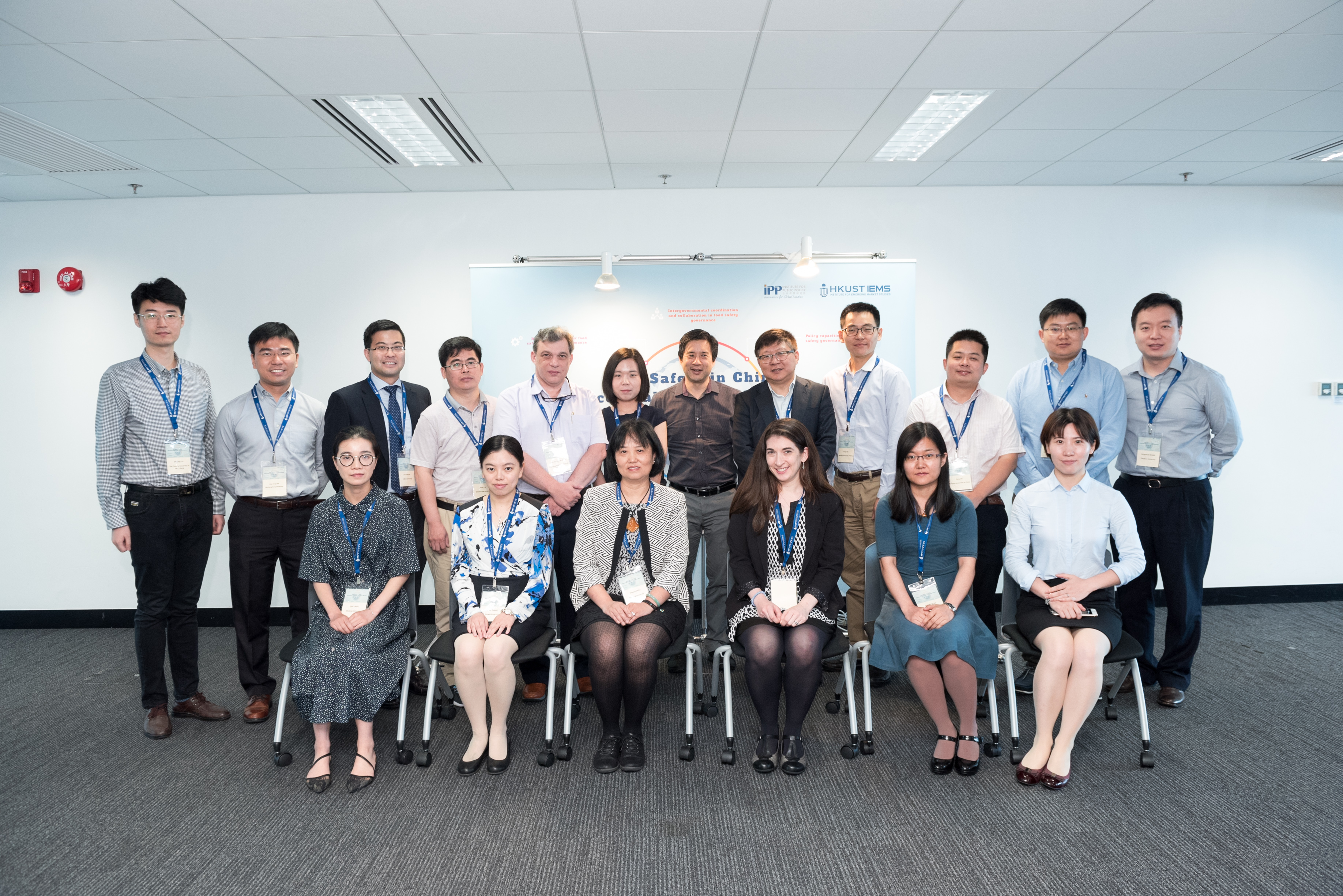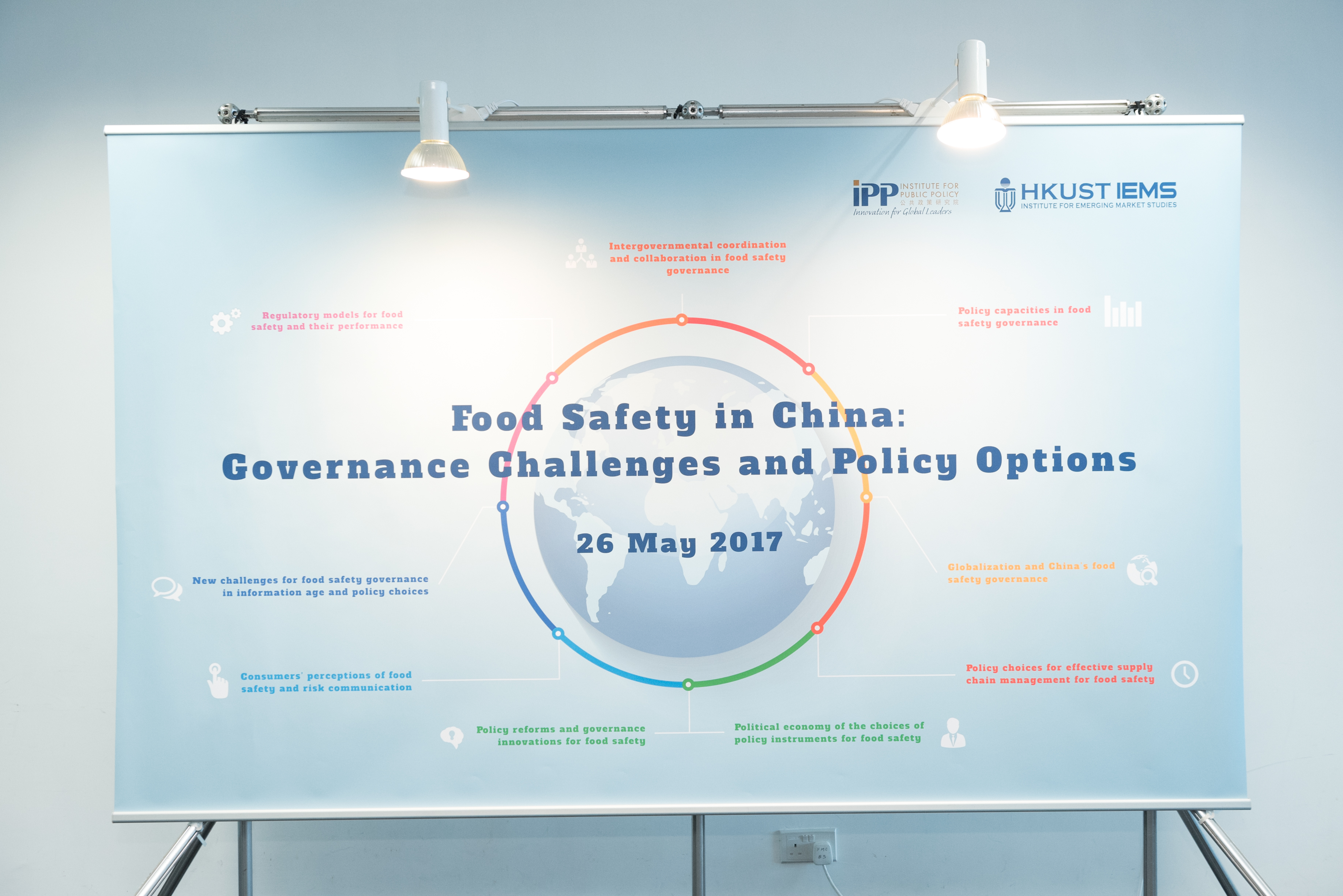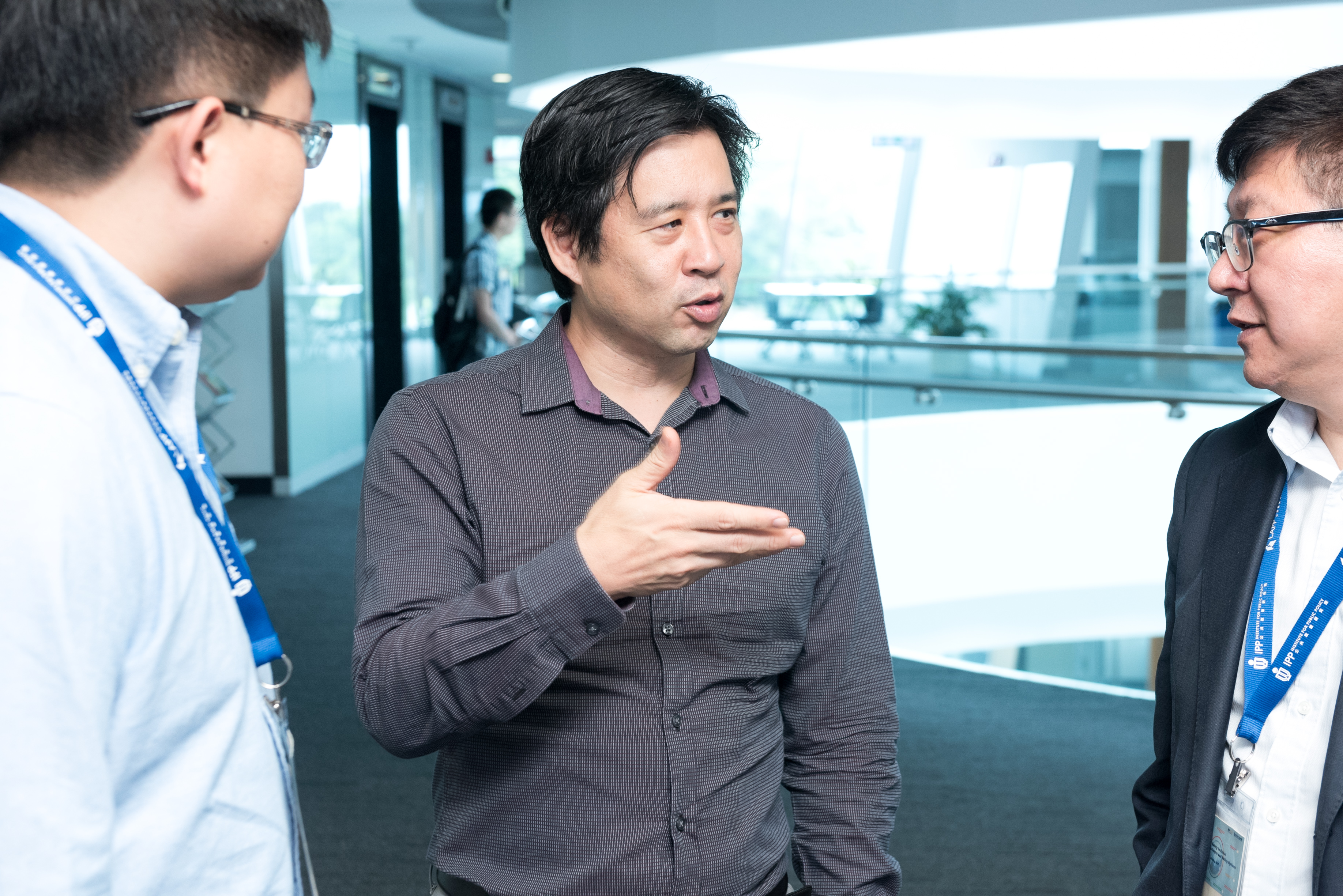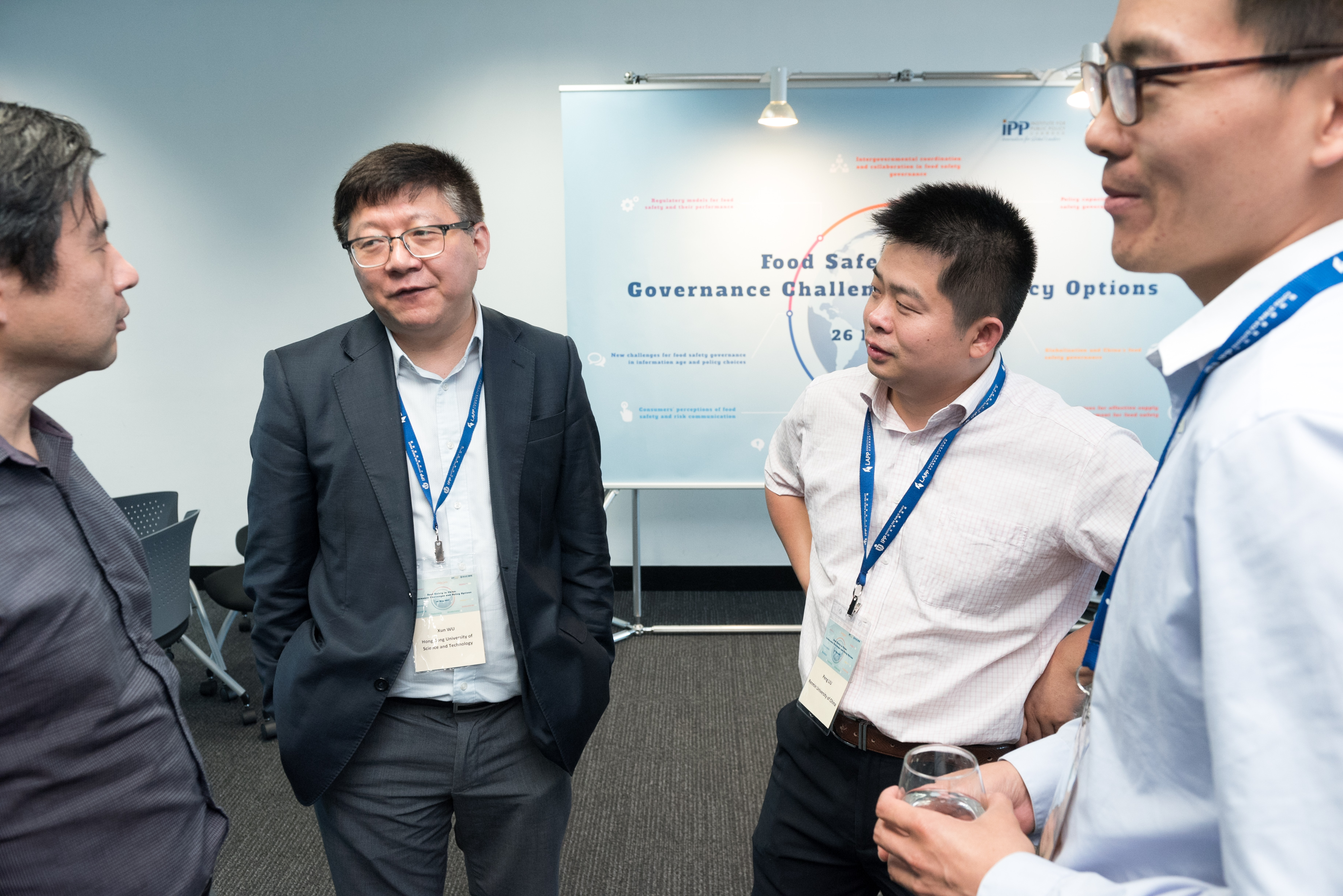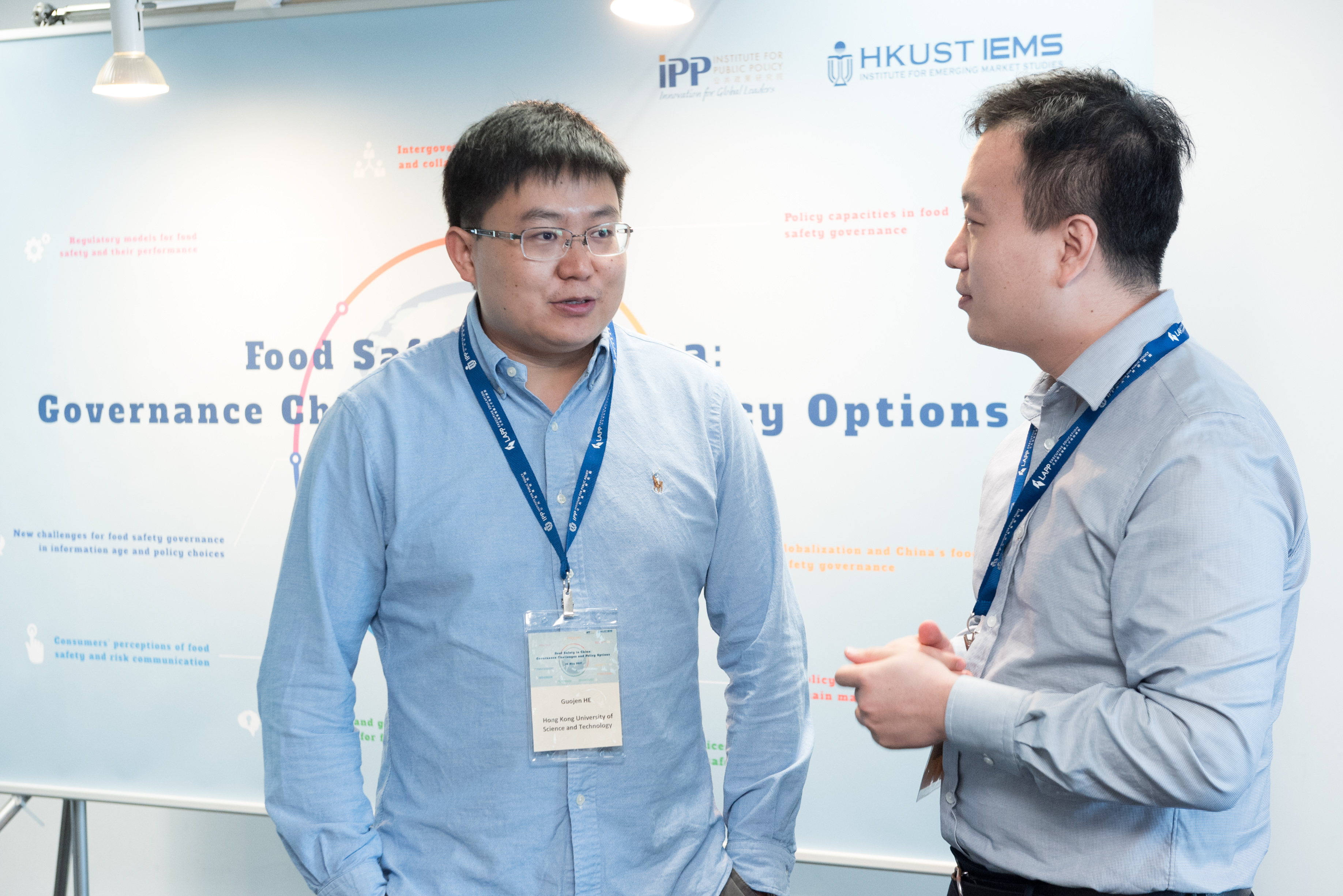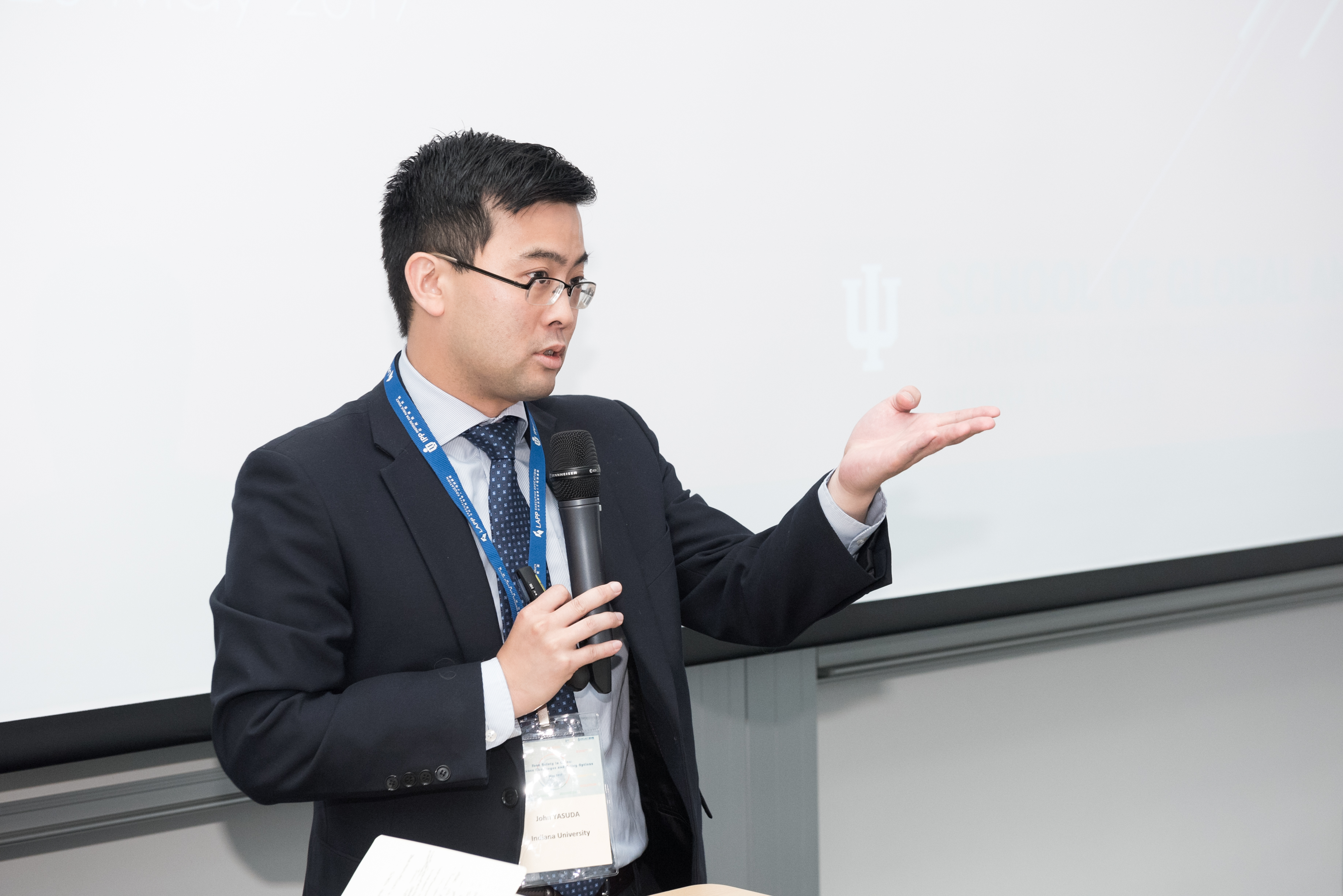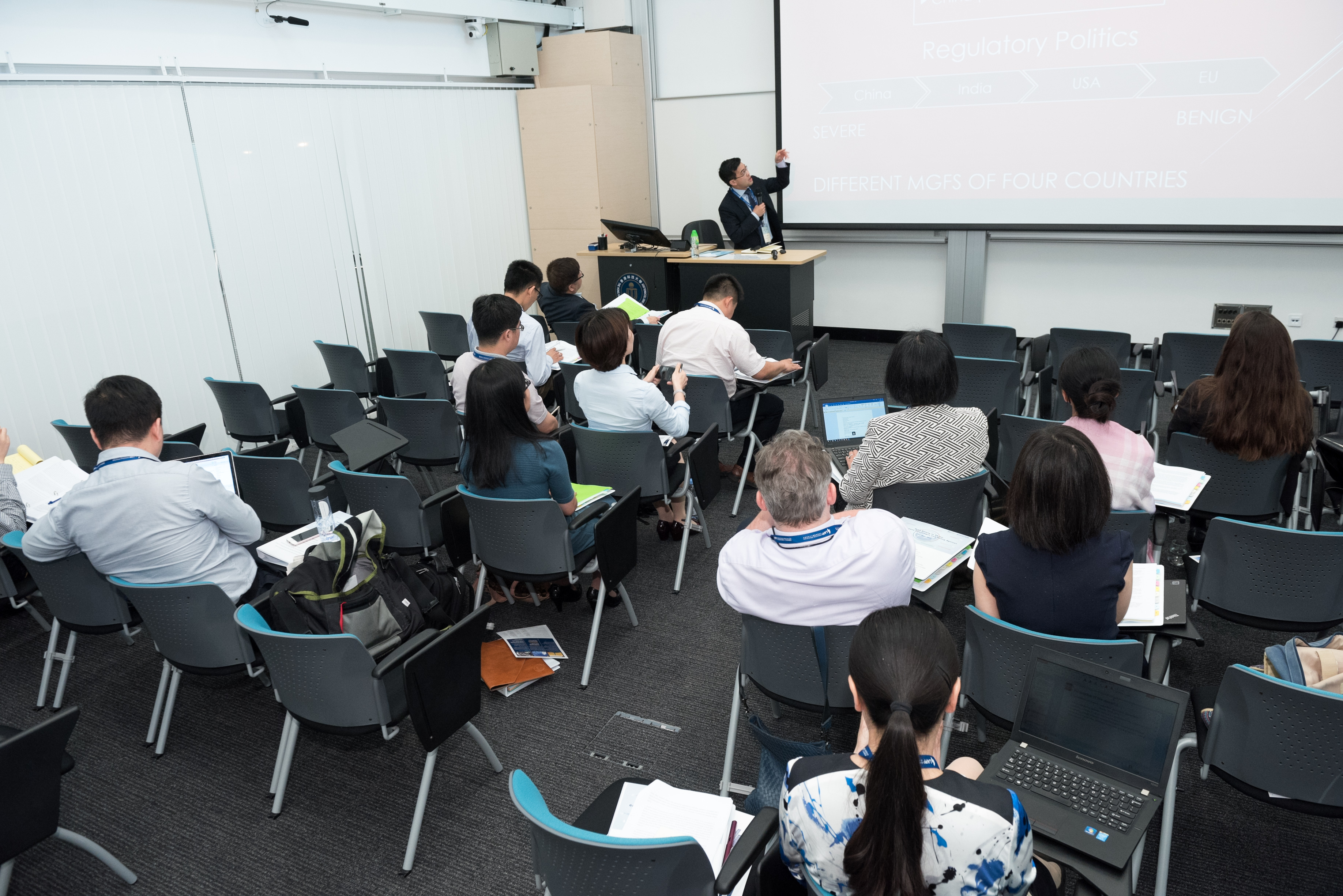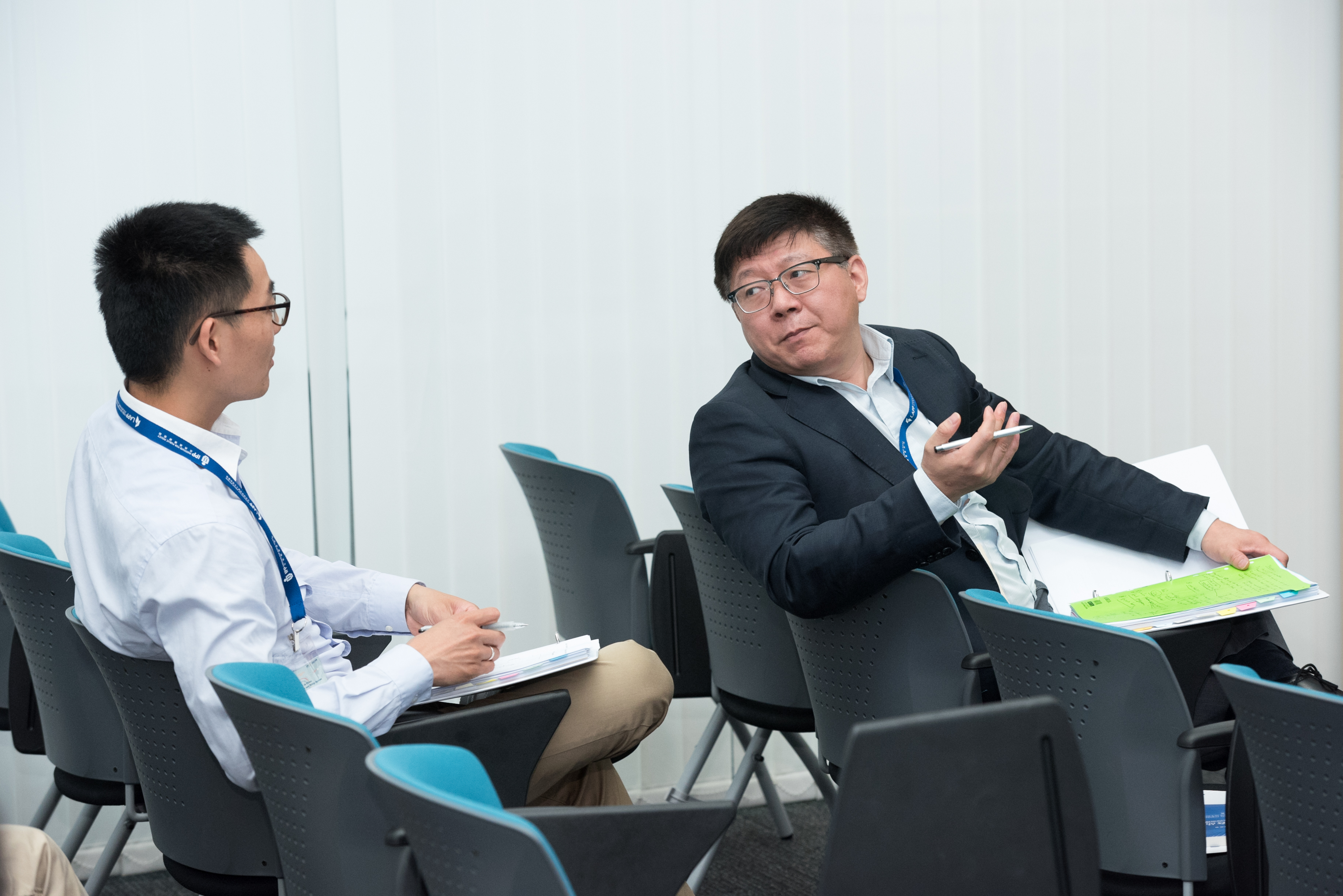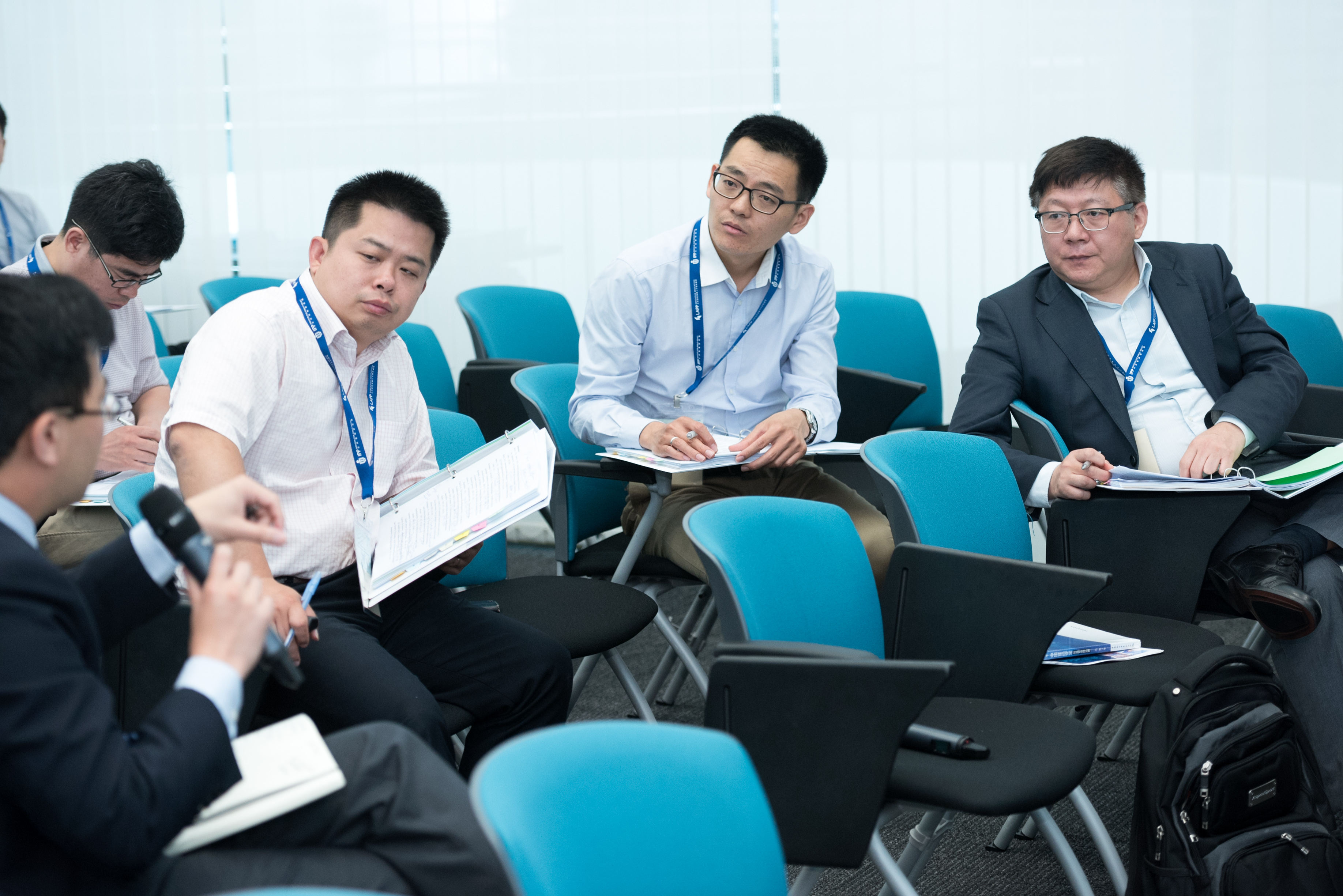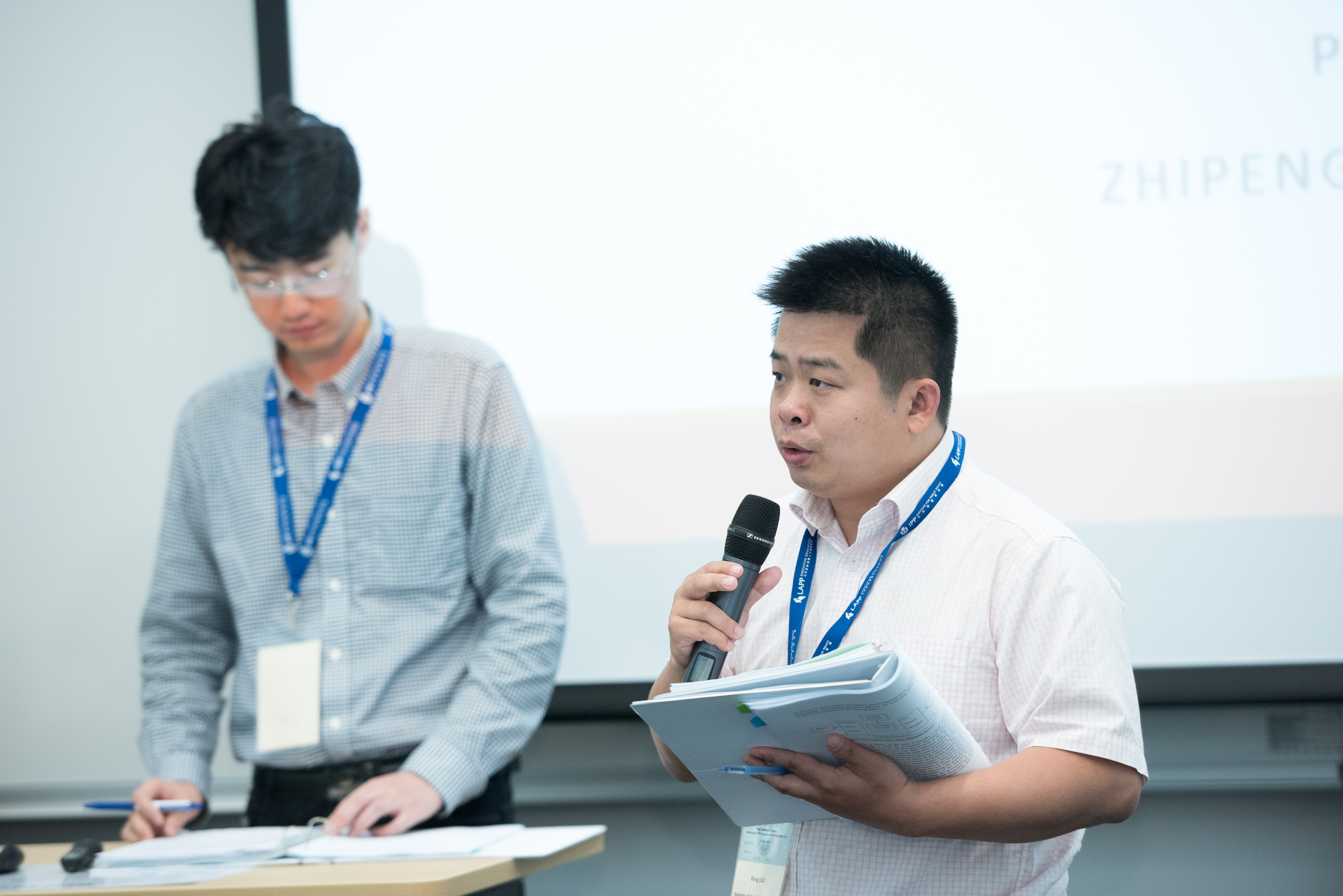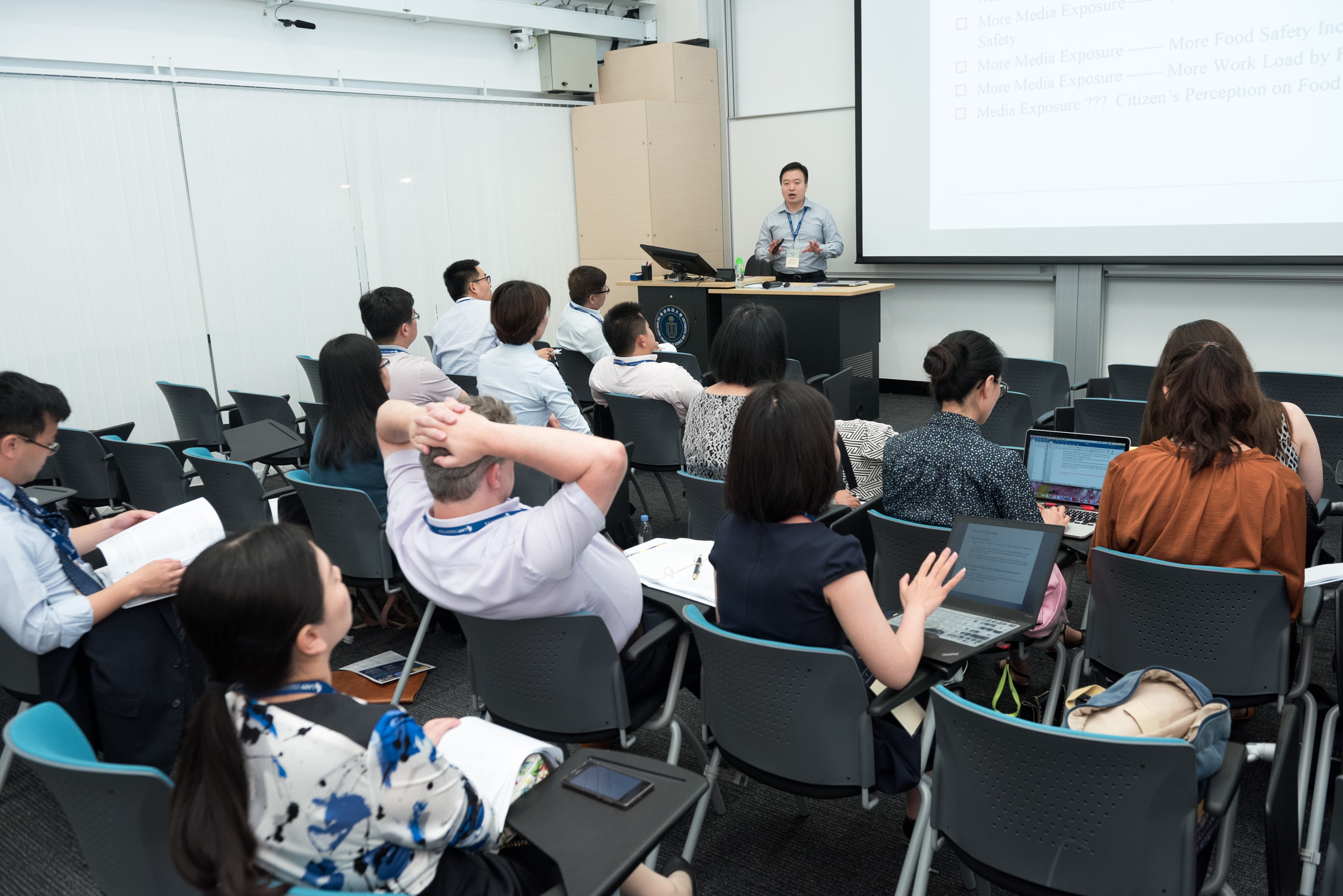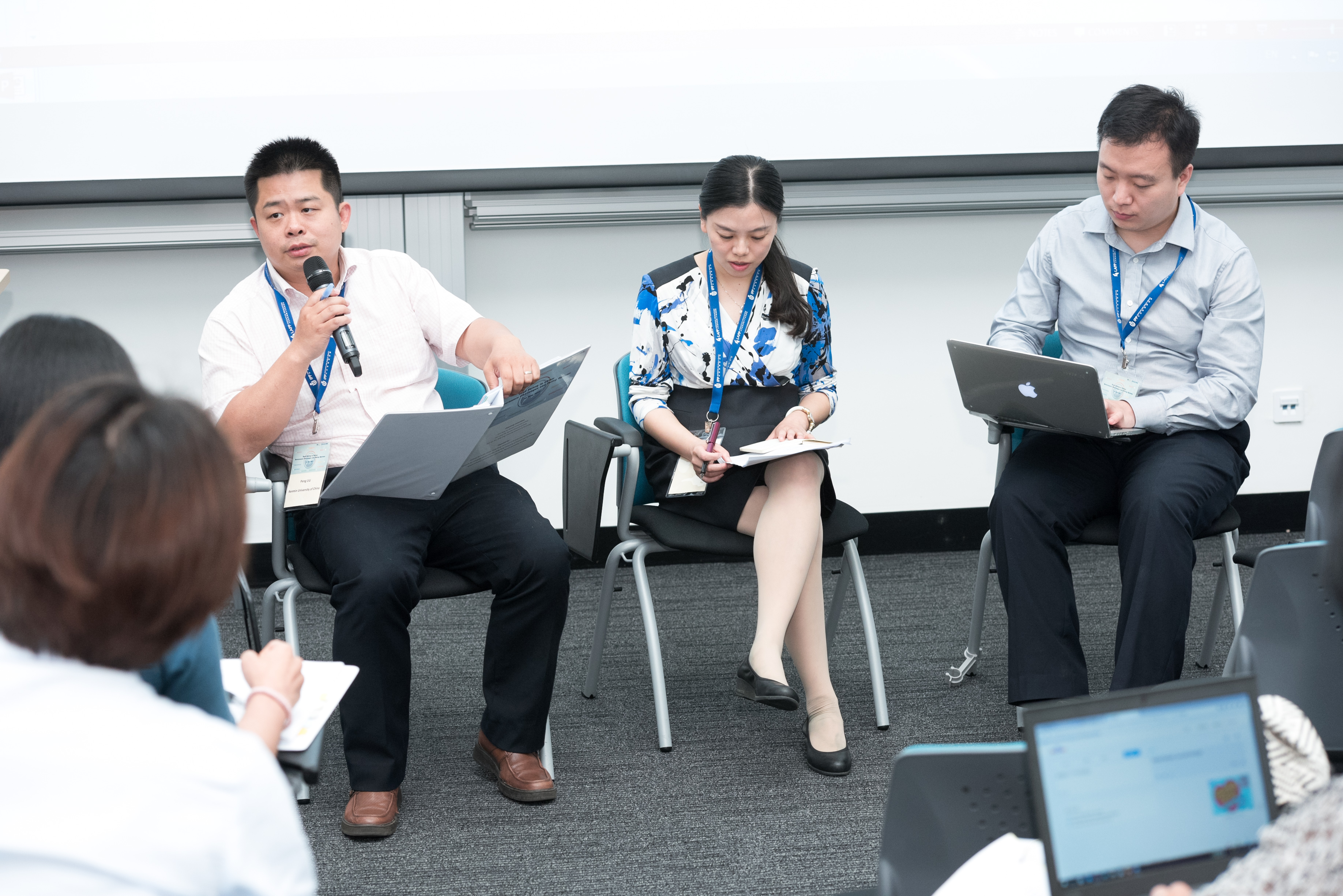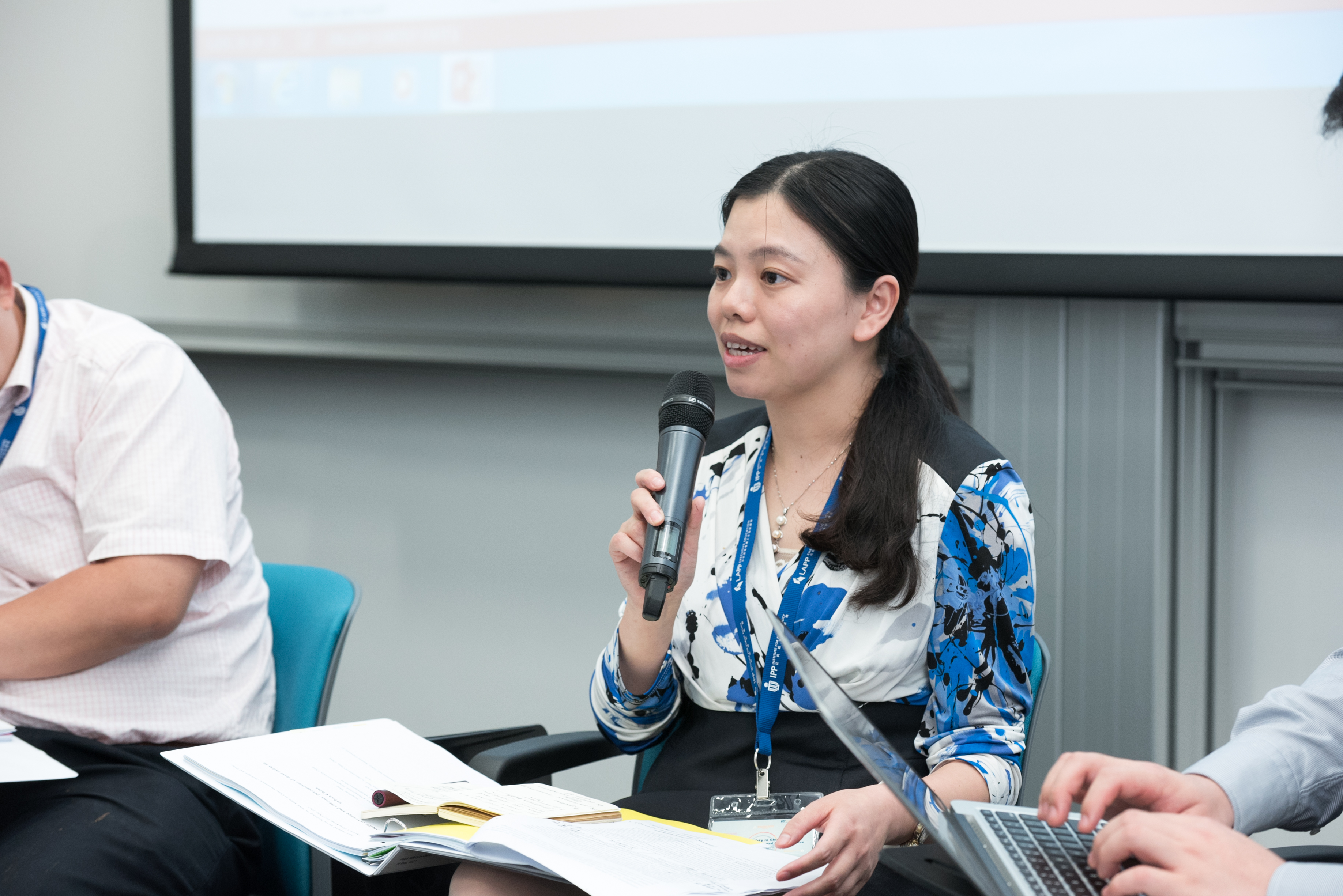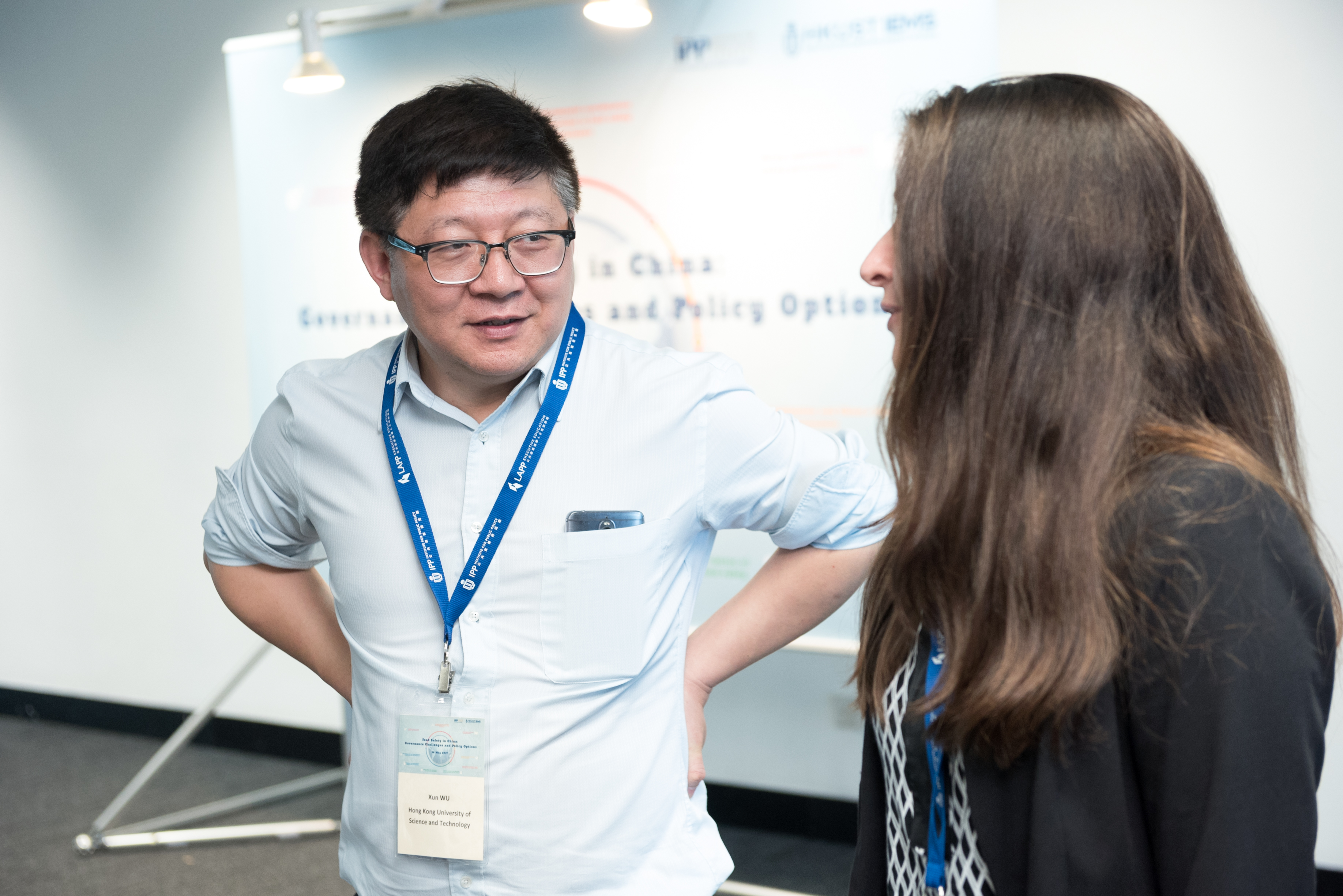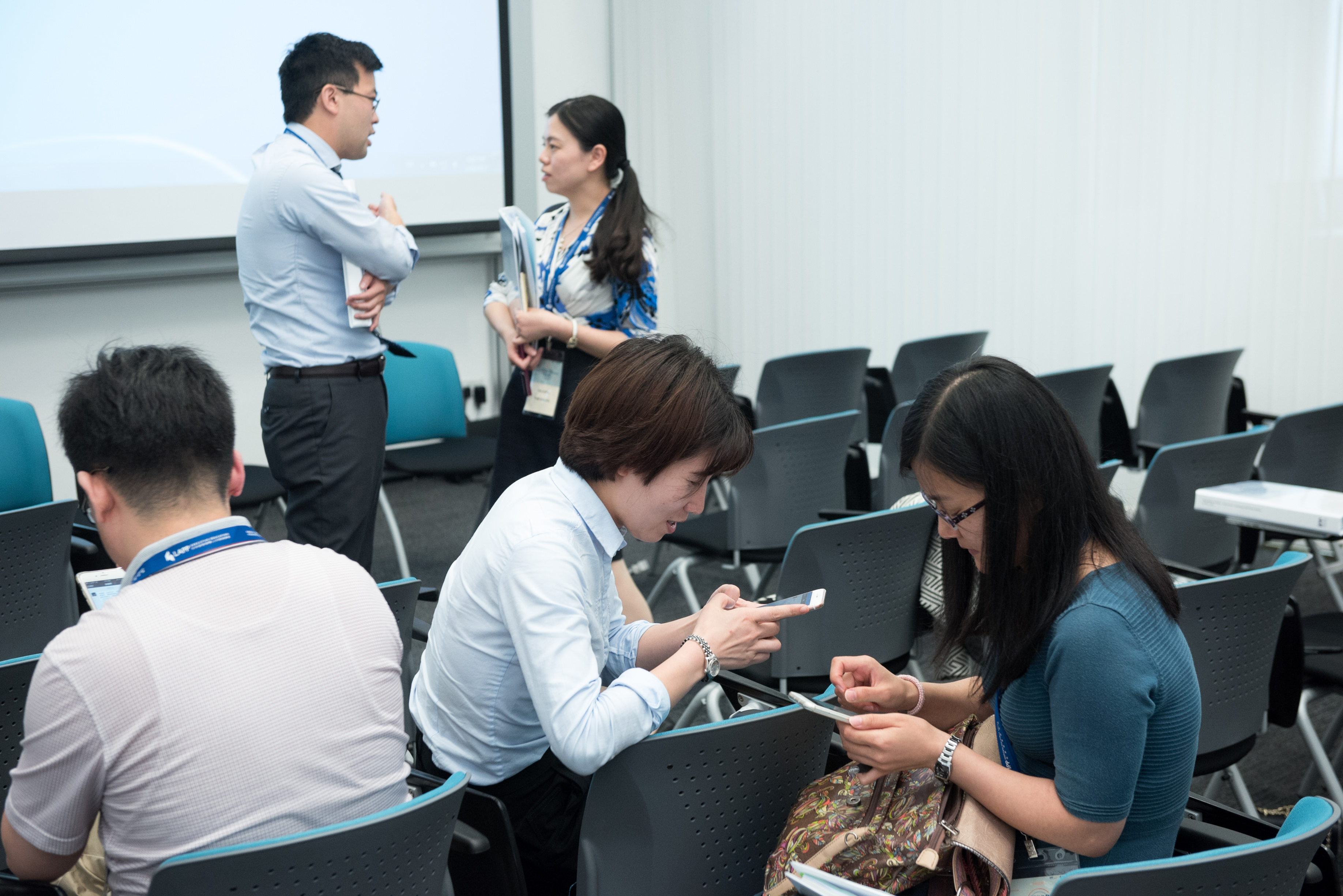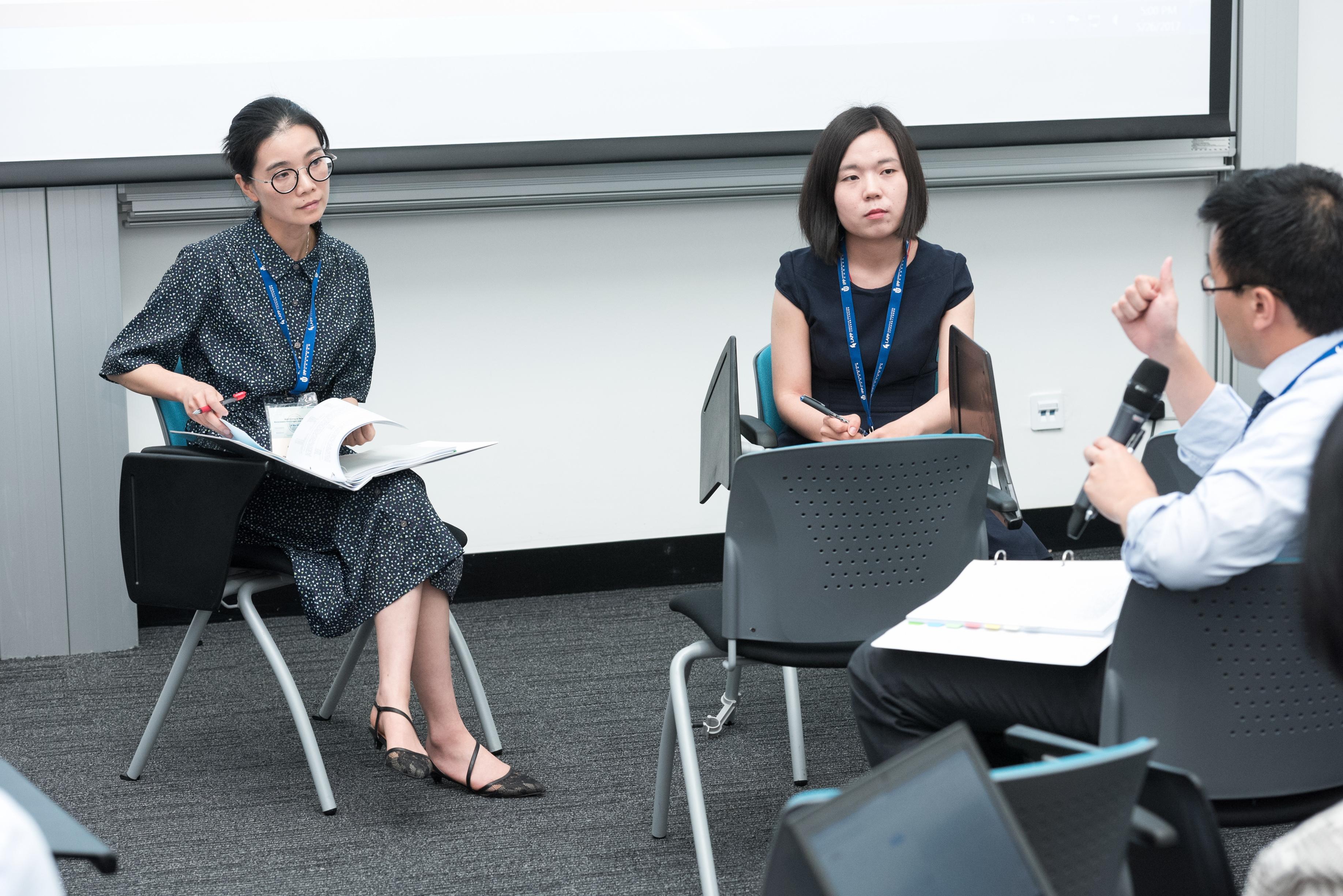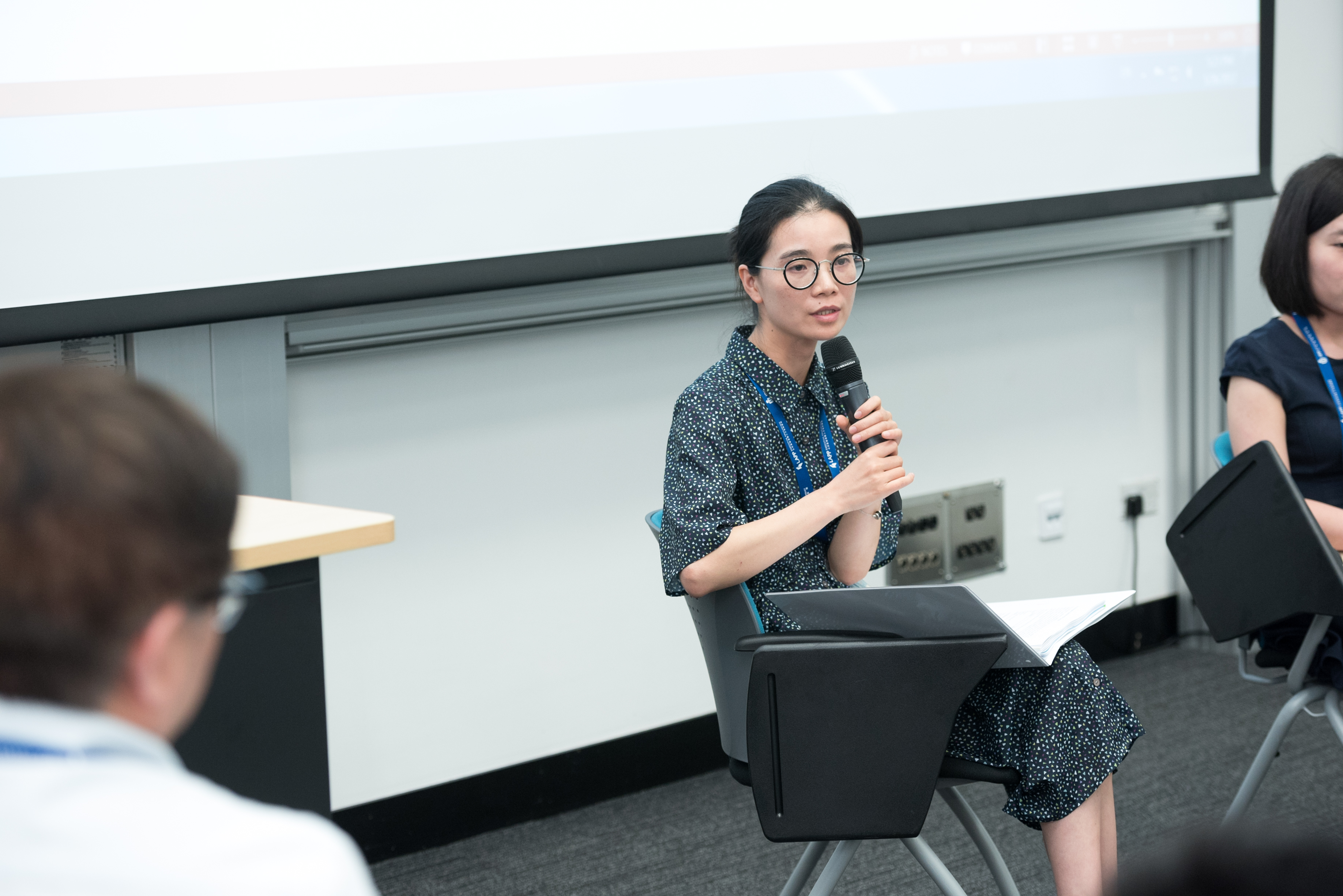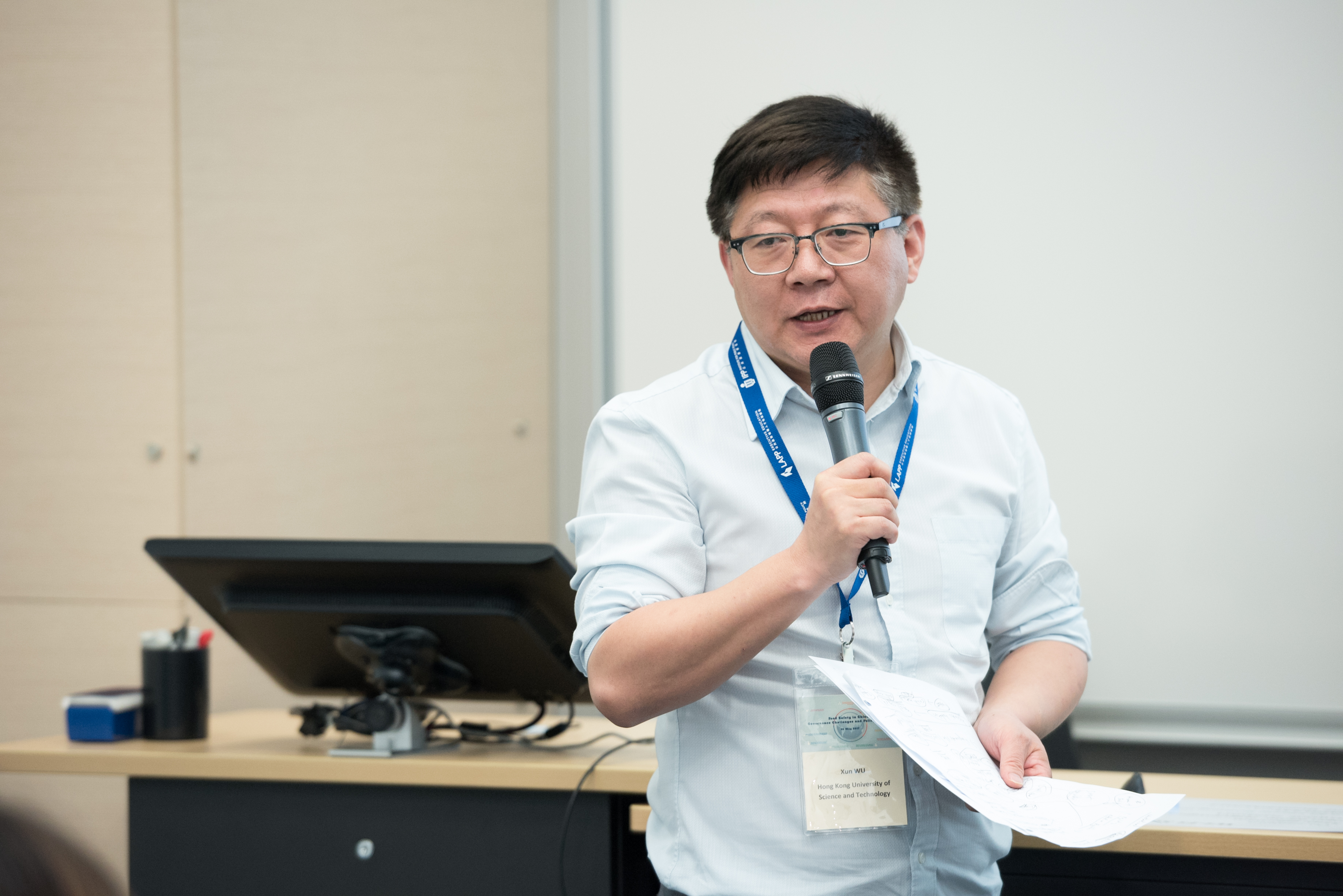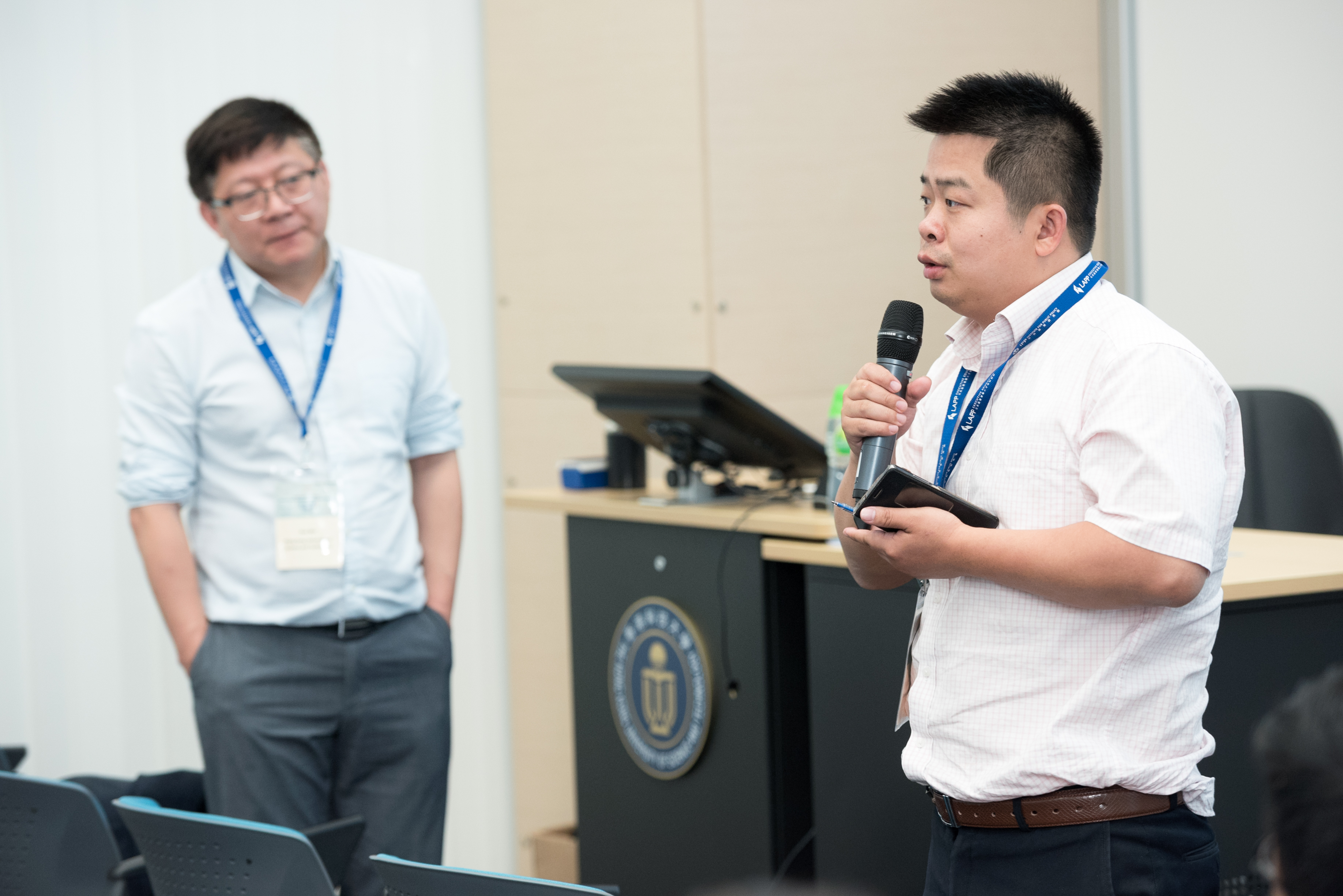Food safety has been among the top policy priorities in China in recent years based on public perception surveys and strong sentiments demonstrated in the media. High profile incidents such as the scandal of San Lu infant milk powder contamination in 2008 have led to public outcry nationwide, calling for more effective policy measures to improve food safety. While the government has introduced various initiatives in recent years, such as amending the National Food Safety Law, setting up food safety agencies across different levels of government, imposing more stringent food quality standards, and making government officials accountable, the efficiency, effectiveness and efficacy of these policy initiatives cannot be taken for granted. The governance of food safety is highly complex, involving dynamic interactions among central government agencies, local governments, business, NGOs, consumers, mass media and other stakeholders with potentially conflicting interests and competing priorities. In addition, technological innovations in food production and processing have also added multiple layers of complexity and uncertainty in dealing with food safety issues. Evidence-based policy research on governance challenges and policy options thus can play a critical role in advancing theories and practices of policy-making on food safety.
This two-day workshop aims at bringing together cutting-edge research on food safety policy and governance in China. We especially welcome contributions focusing on rigorous performance assessment of various policy measures adopted and implemented, systematic diagnosis of policy-making process for key decisions, and critical analysis of the political economy of choices over governance mechanisms and policy instruments. Topics relevant to the workshop may include but not limited to the following topics:
- Regulatory models for food safety and their performance
- Globalization and China’s food safety governance
- Intergovernmental coordination and collaboration in food safety governance
- New challenges for food safety governance in information age and policy choices
- Political economy of the choices of policy instruments for food safety
- Policy reforms and governance innovations for food safety
- Consumers’ perceptions of food safety and risk communication
- Policy choices for effective supply chain management for food safety
- Policy capacities in food safety governance
Papers selected for presentation in the workshop will be published in a special issue in China Policy Journal, a new peer refereed and open access journal by Policy Studies Organization (PSO), and (or) an edited volume. Financial assistance for international travel and accommodation will be provided for paper presenters.
Deadline for abstract submission : 31 January 2017
Notification of acceptance by email : 7 February 2017
Deadline for full paper submission : 12 May 2017
Abstracts should be submitted to Ms. Eliza Tang at eliza@ust.hk.
Abstracts should be about 300 words and provide a concise summary of the paper’s main arguments, including purpose, research questions, methods, data source (if applicable), and preliminary findings. Authors will be emailed the notification of acceptance, and full paper will be circulated to all participants before the workshop.
Organizing Committee
Prof. Peng LIU, School of Public Administration and Policy, Renmin University of China
Prof. Liang MA, School of Public Administration and Policy, Renmin University of China
Prof. Xun WU, Institute for Public Policy, Hong Kong University of Science and Technology
